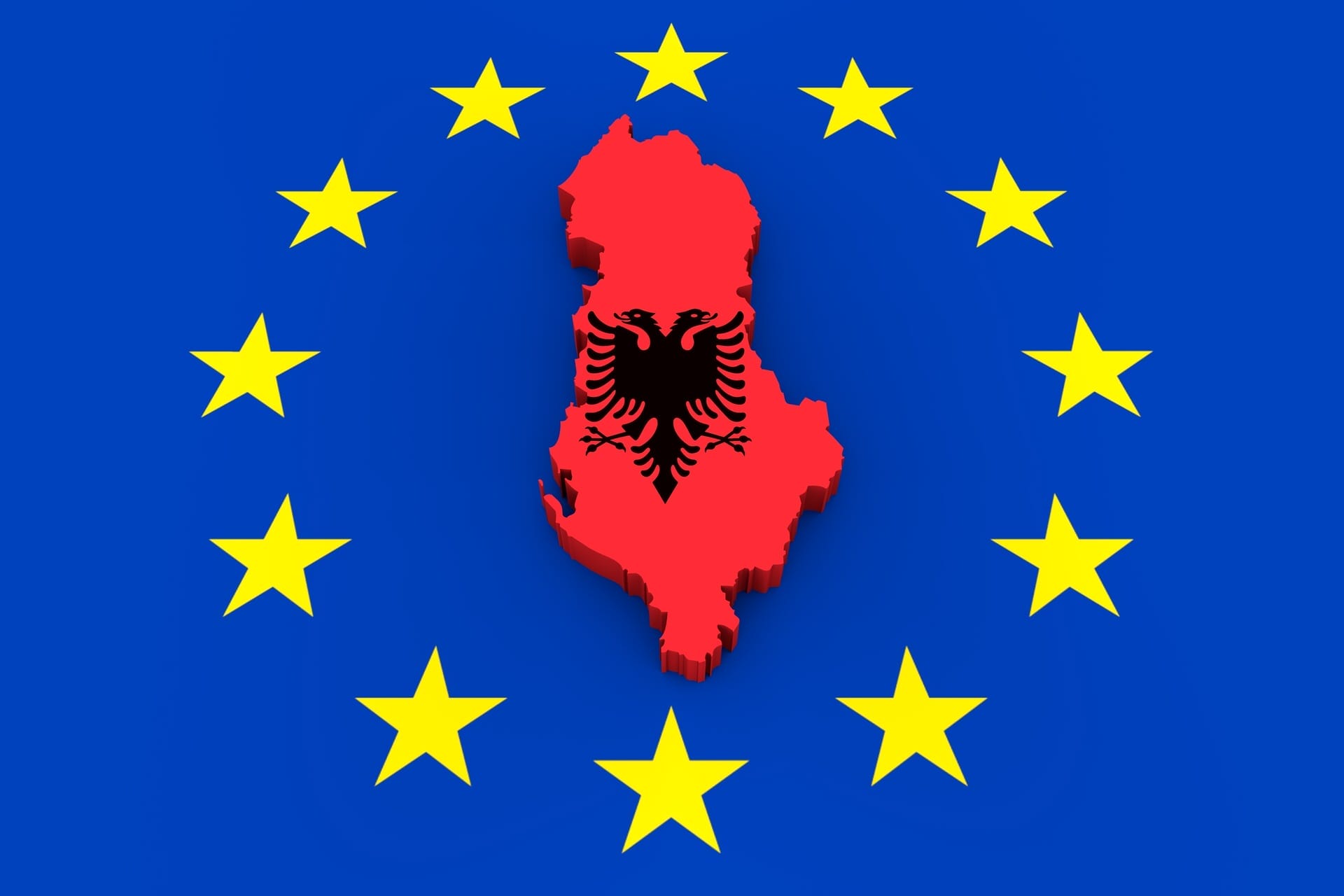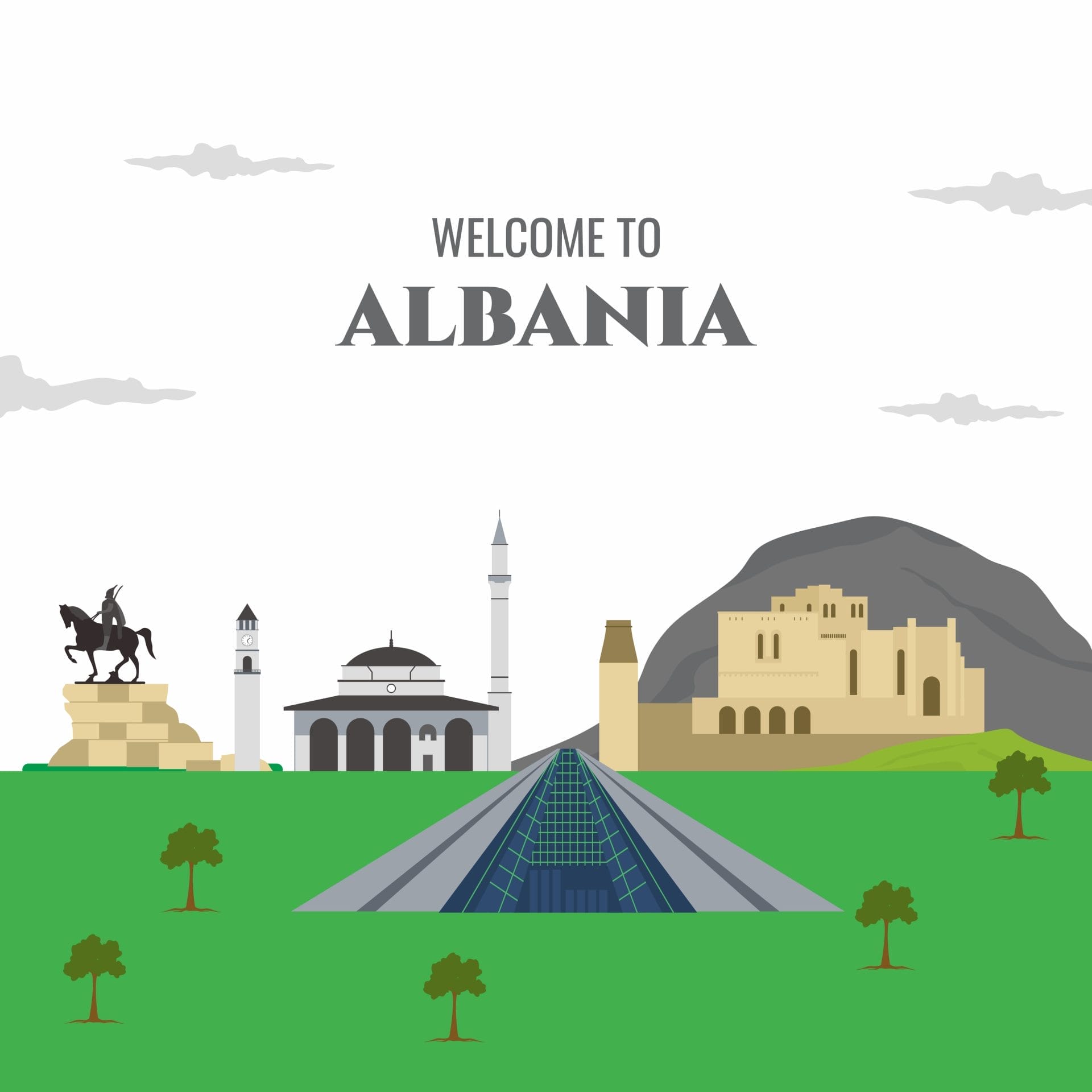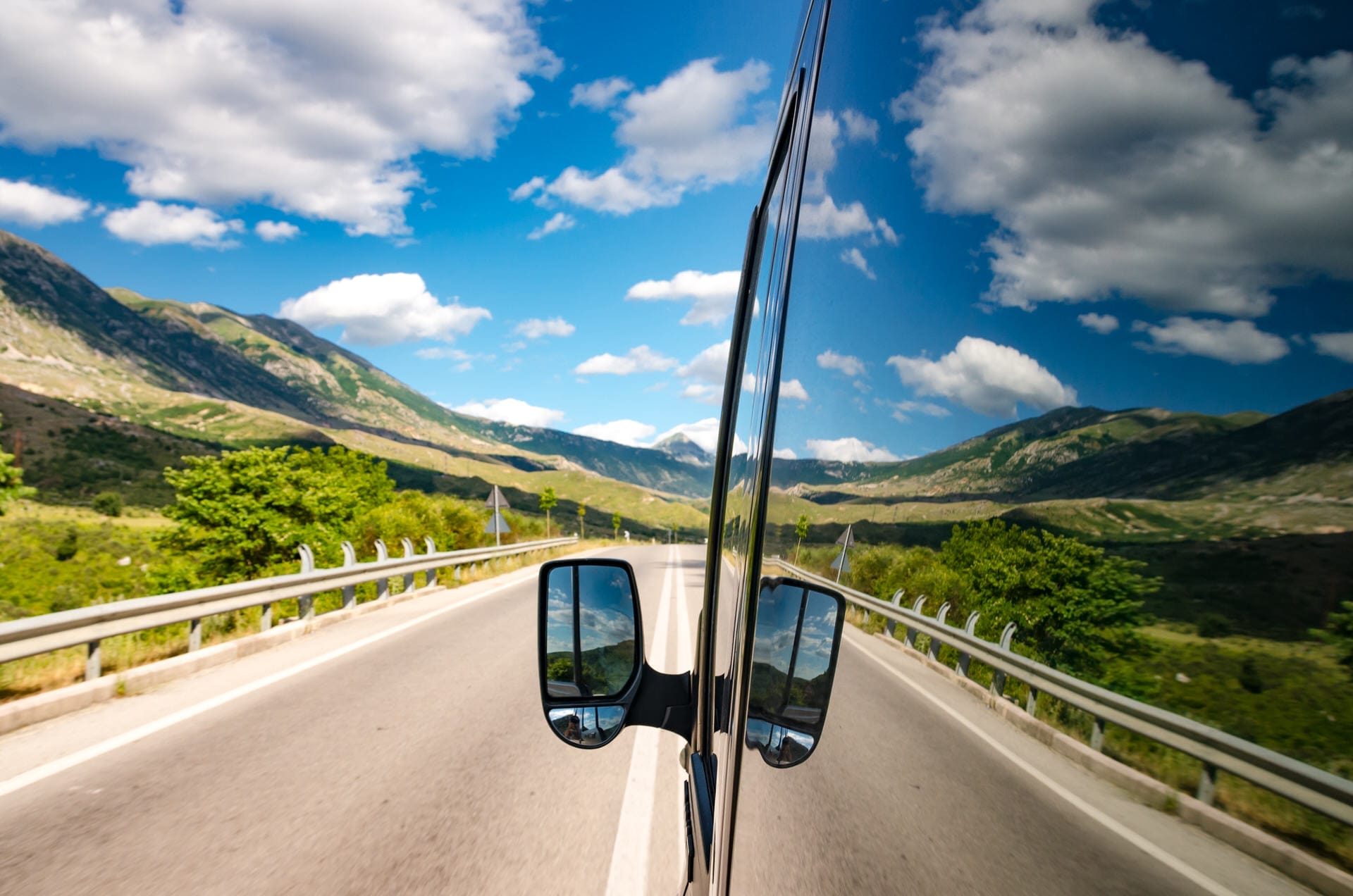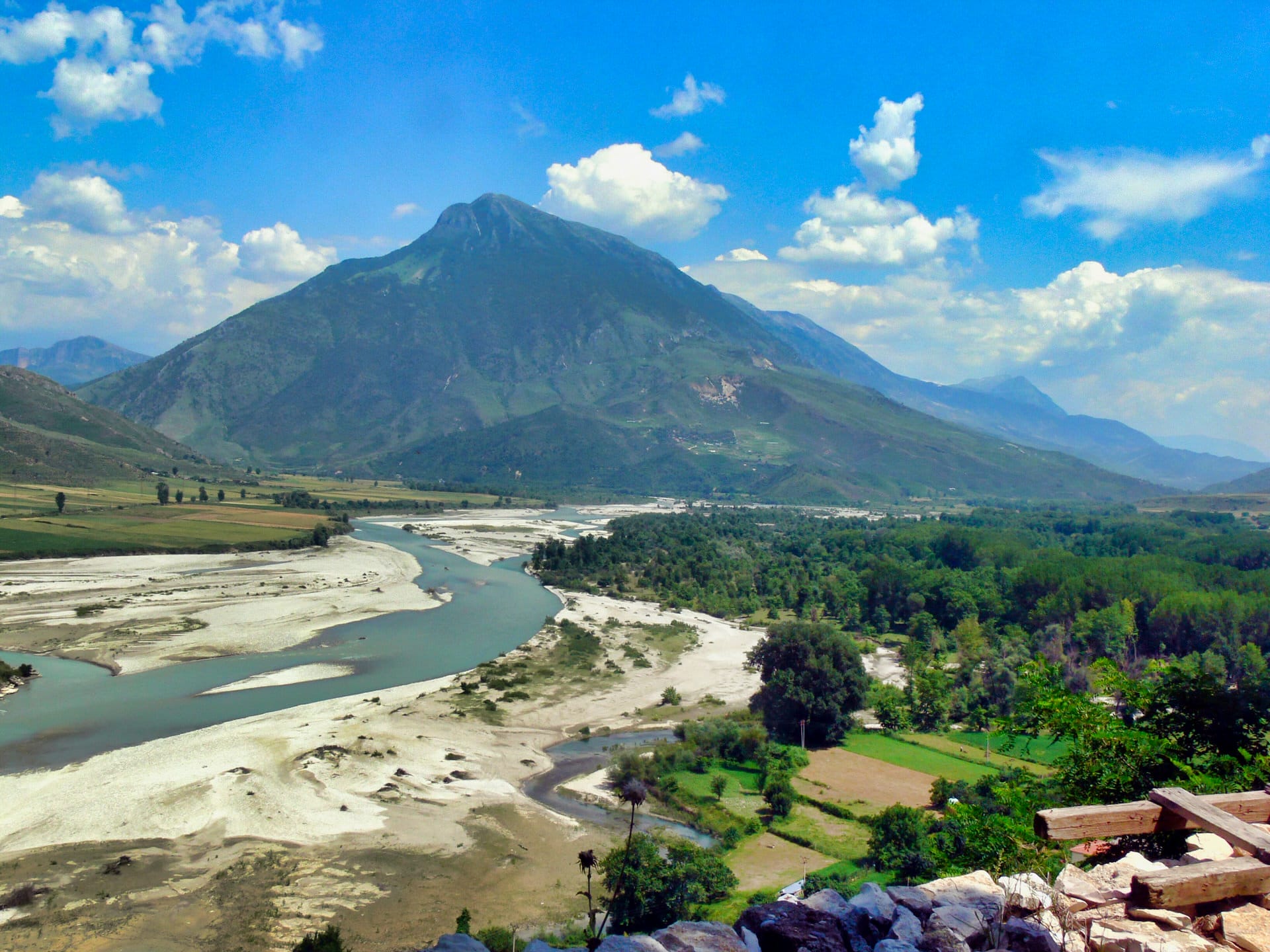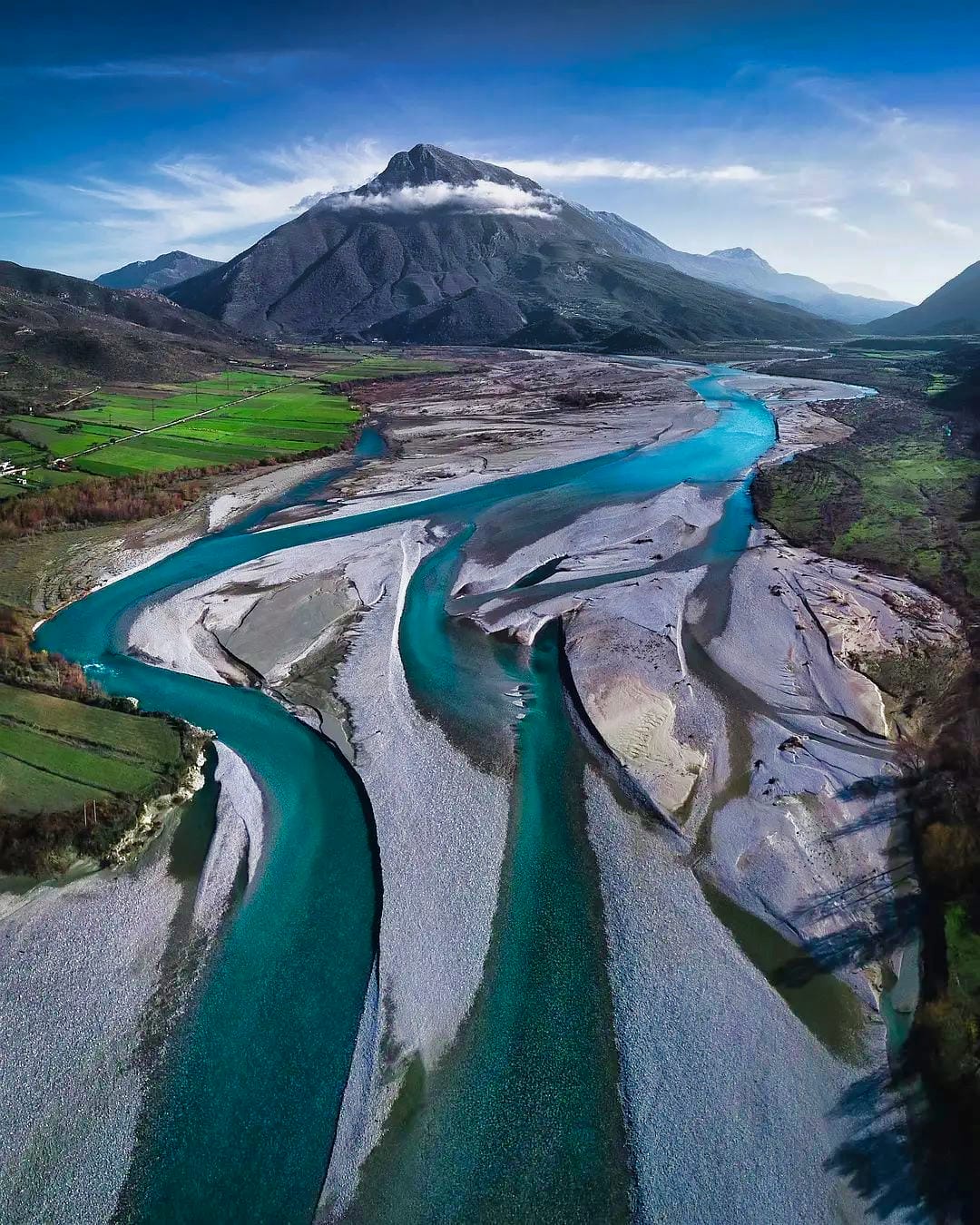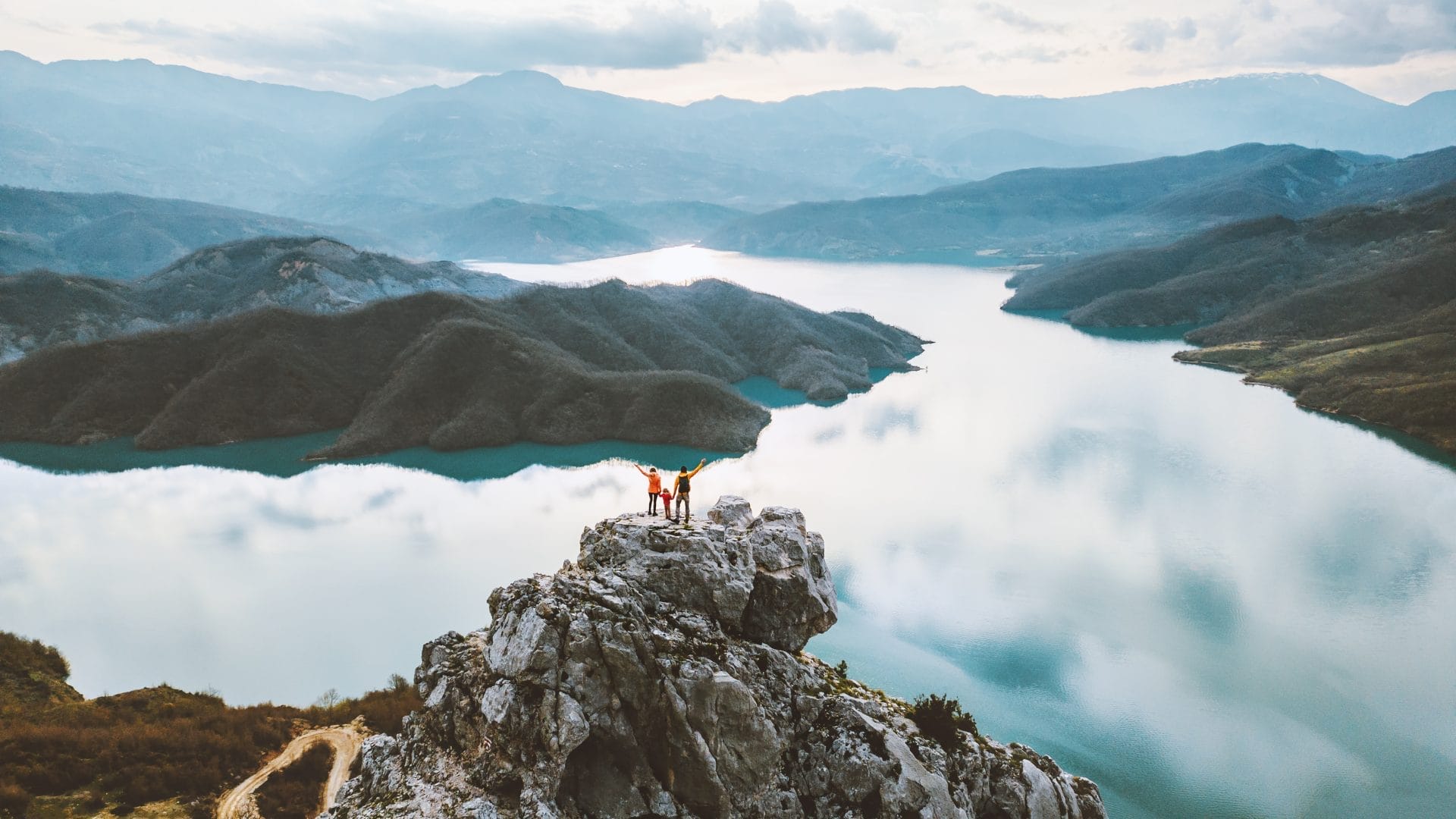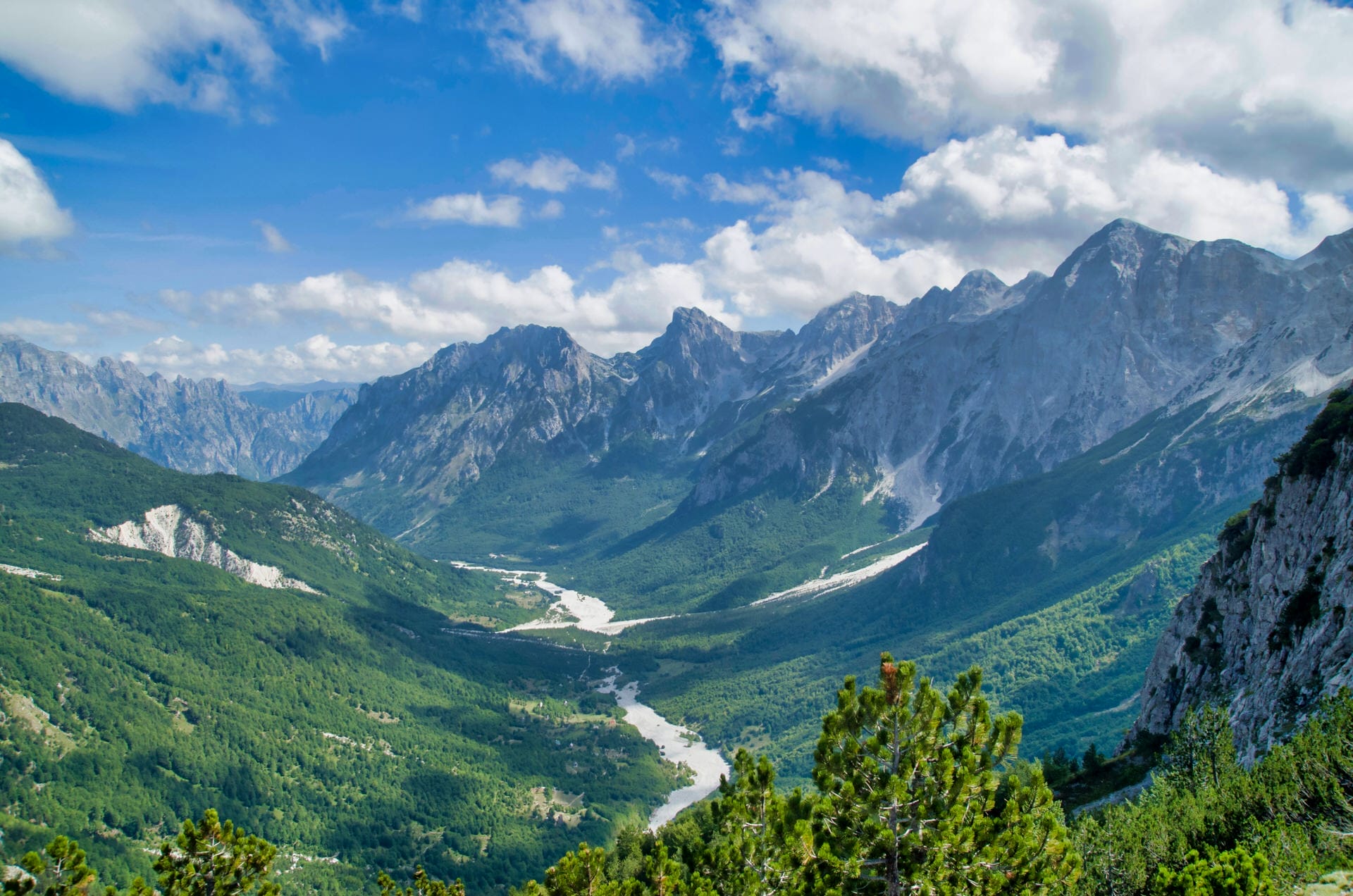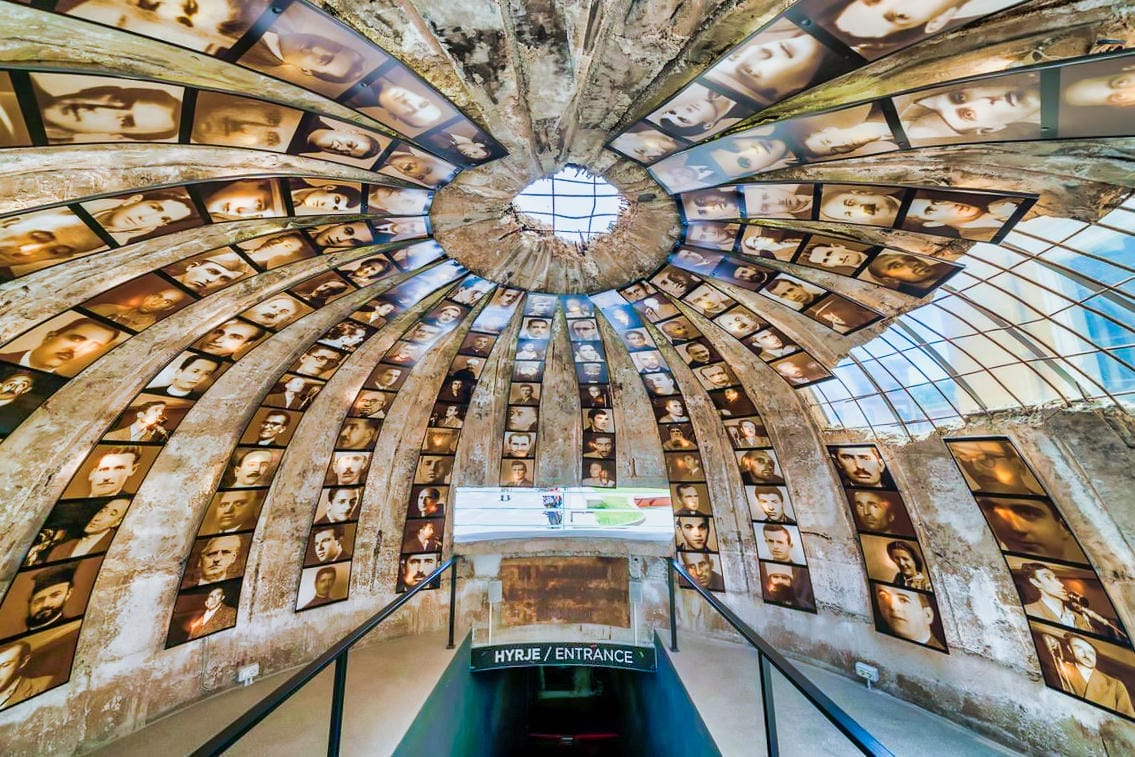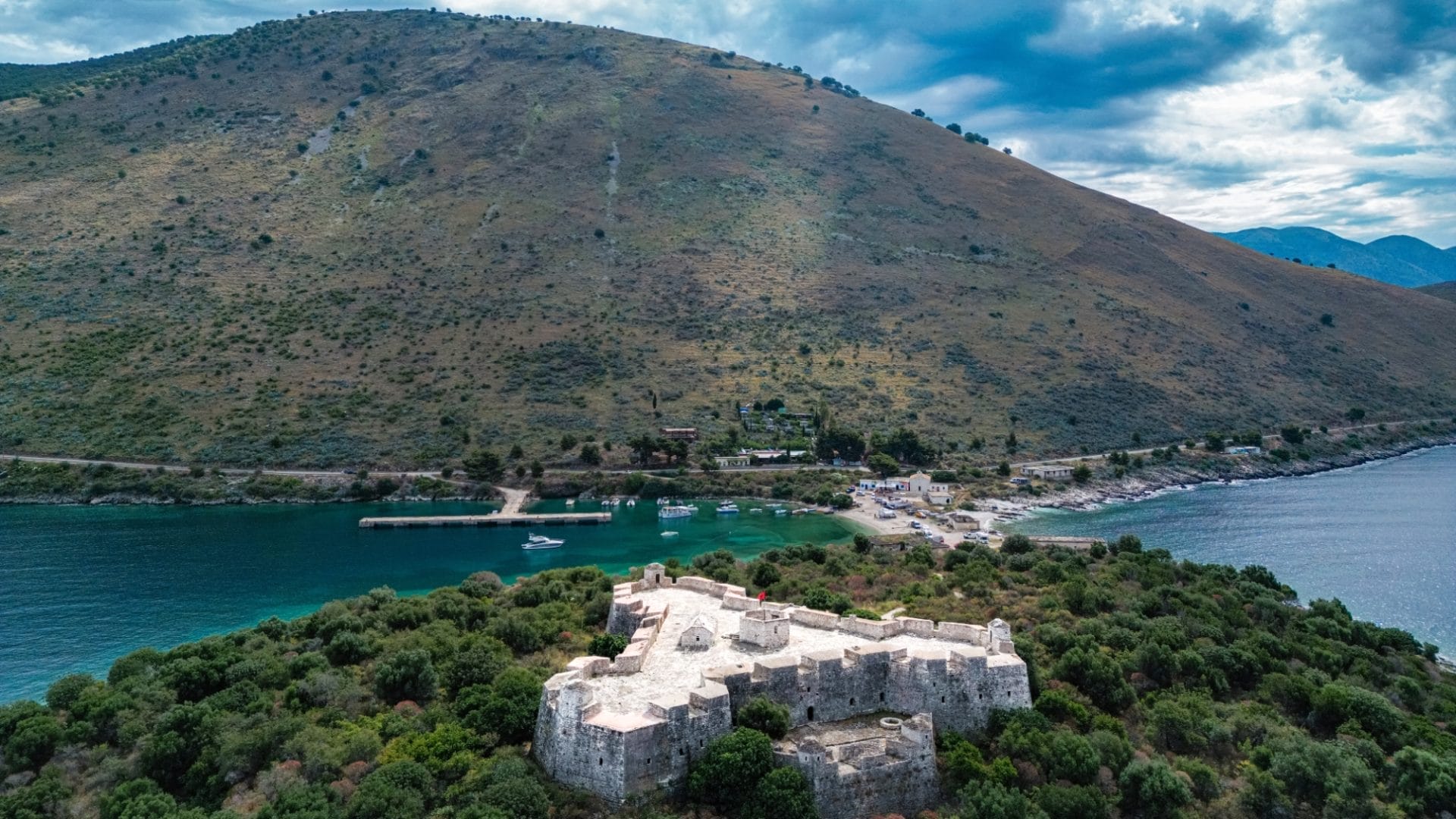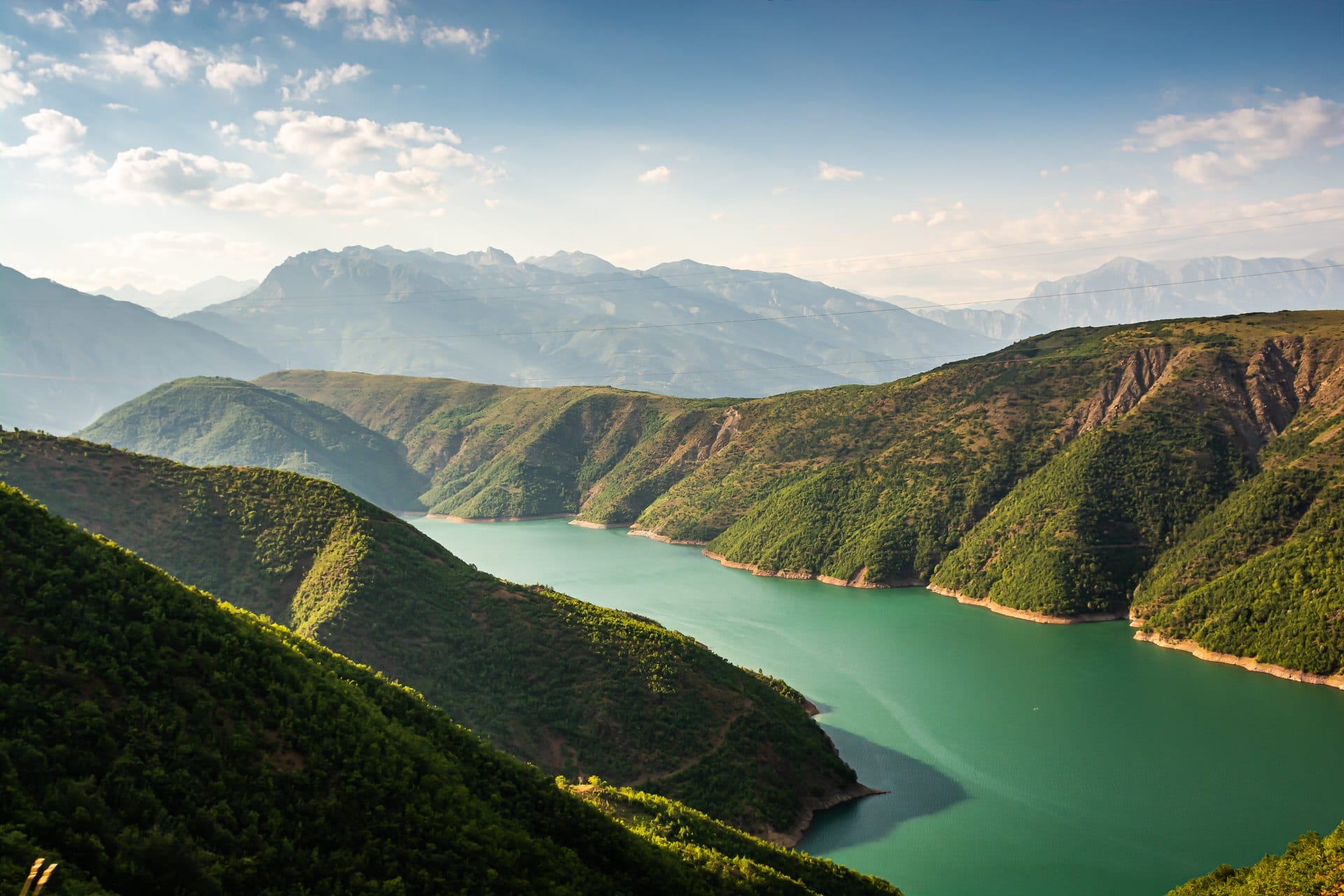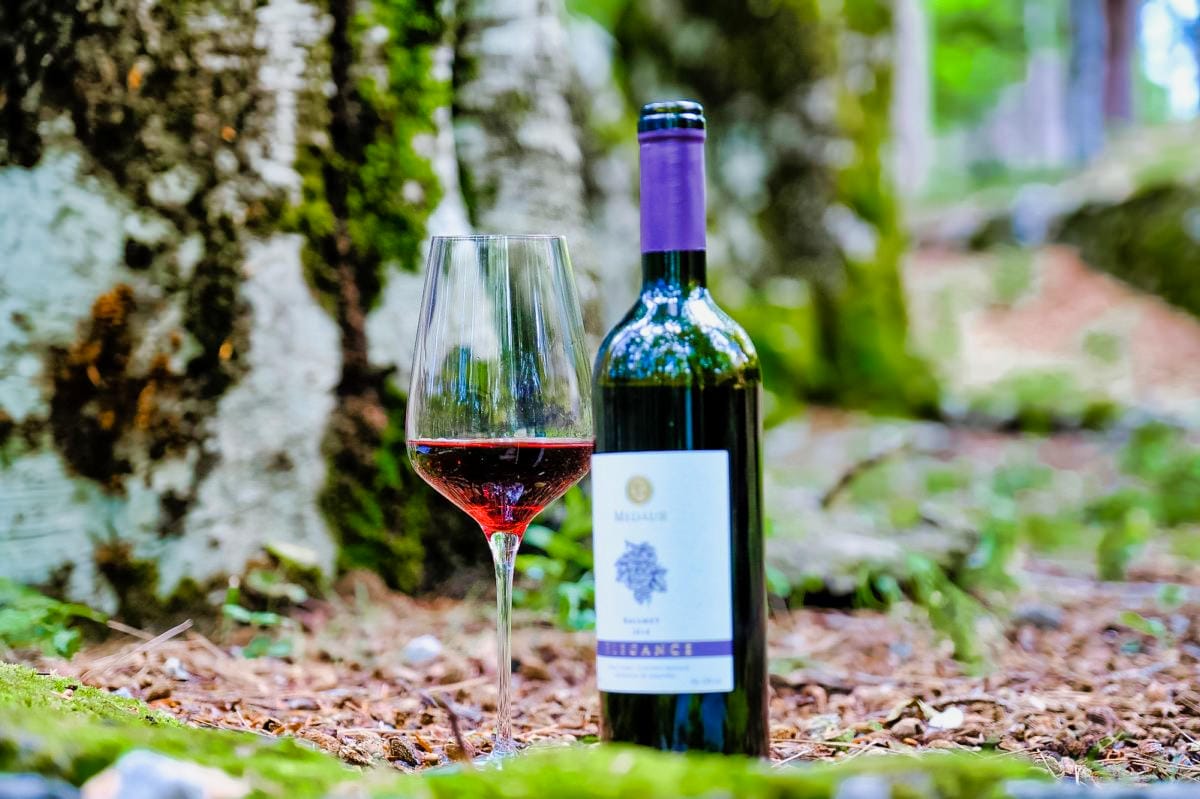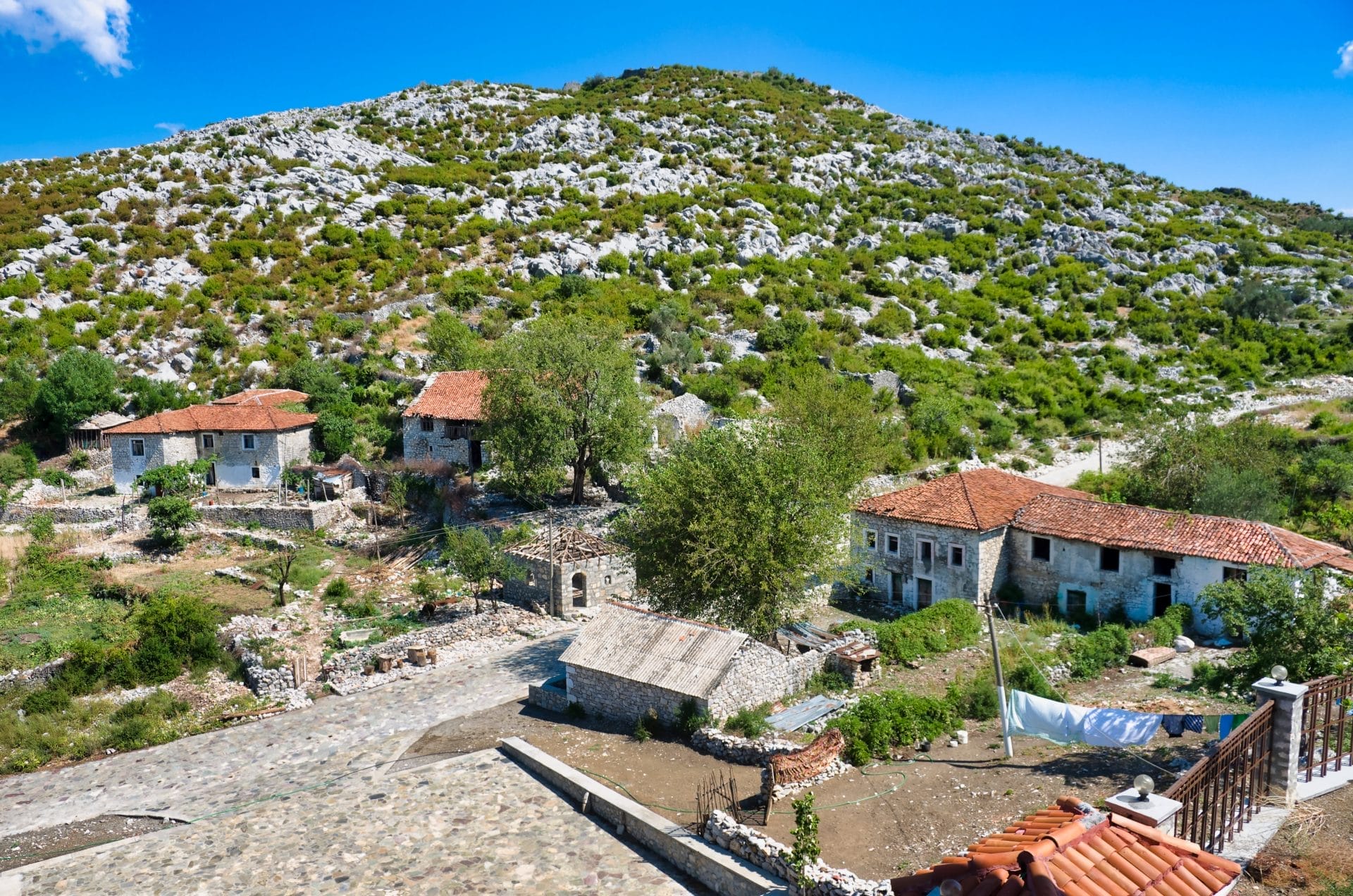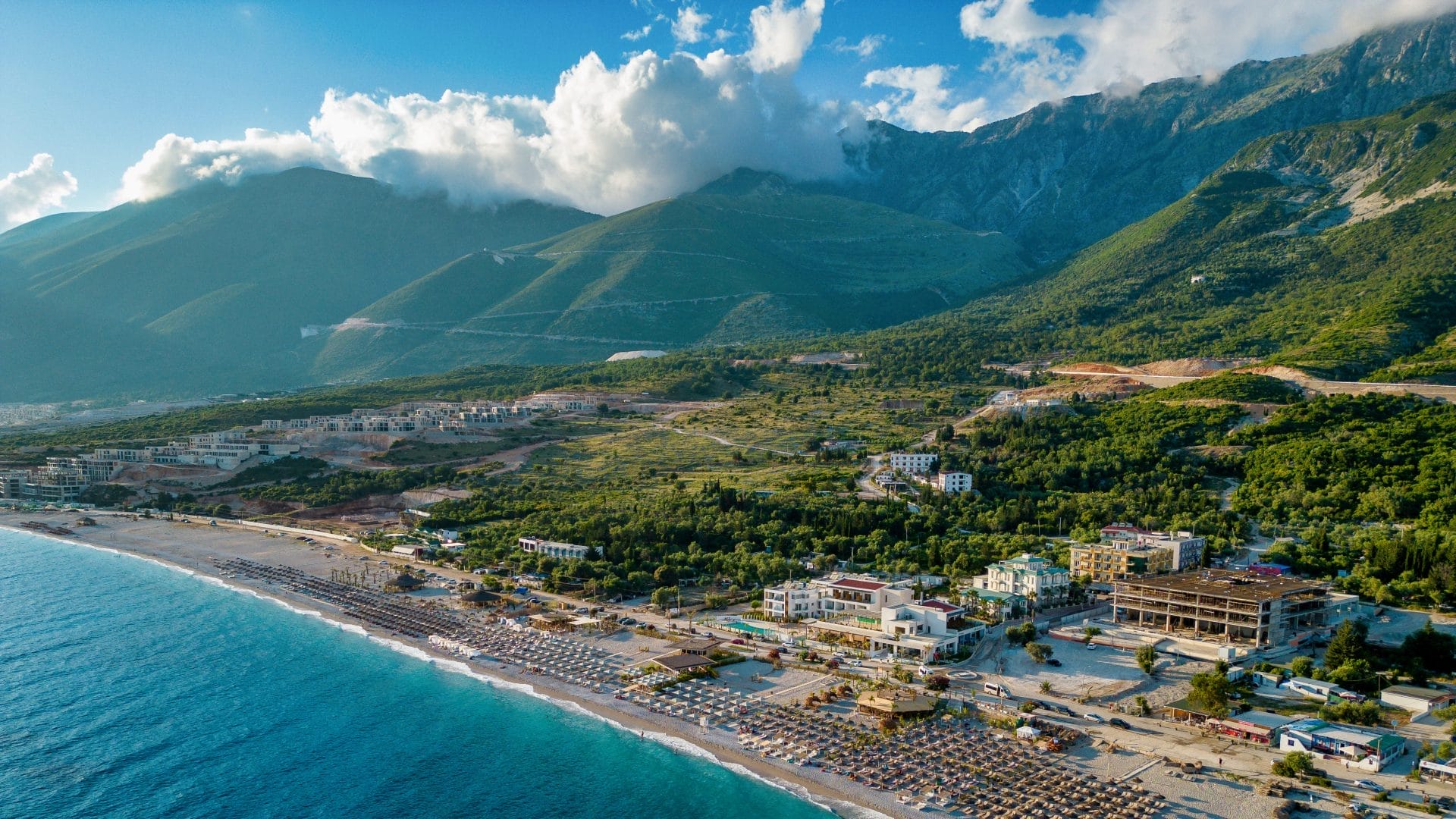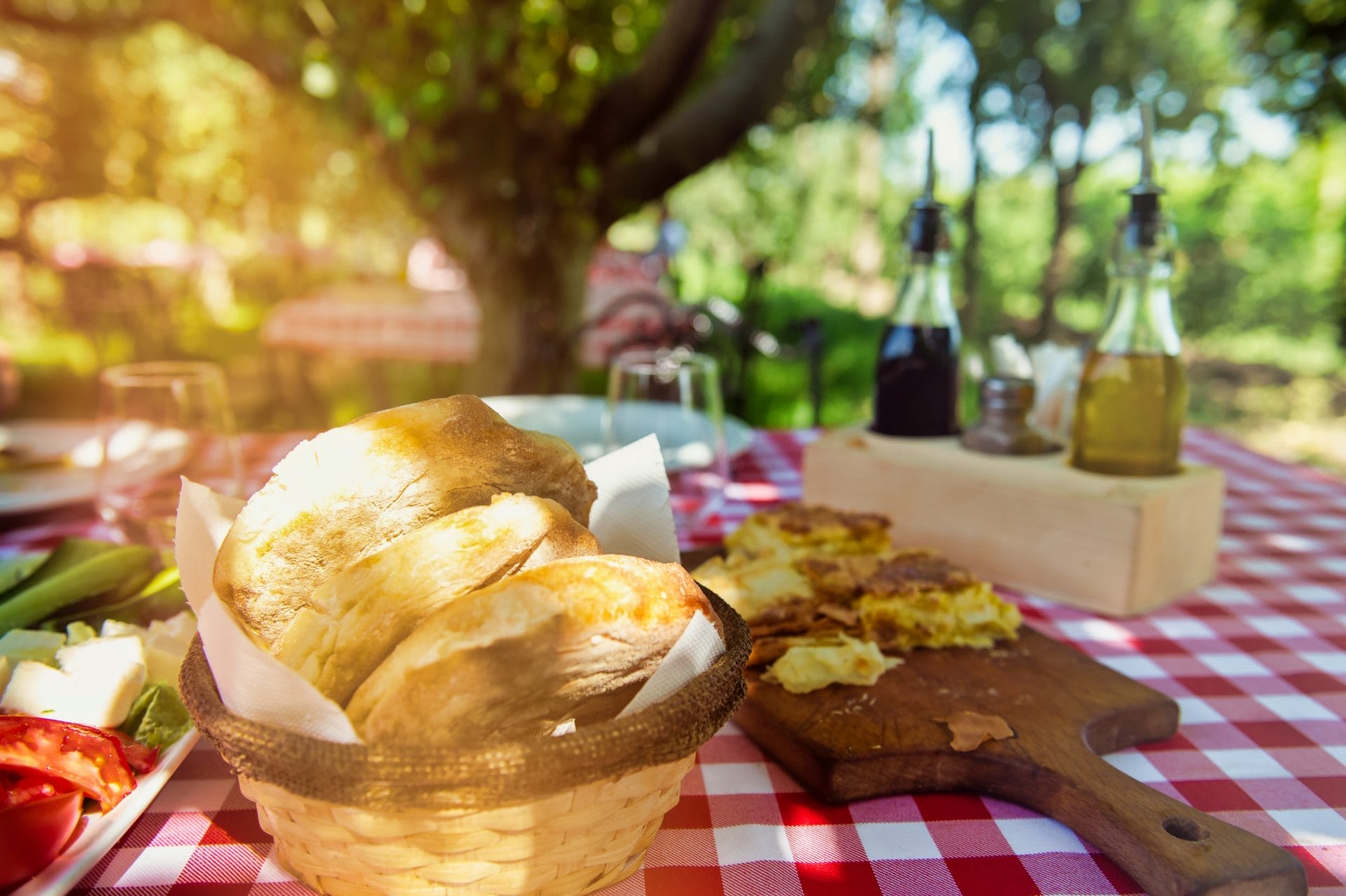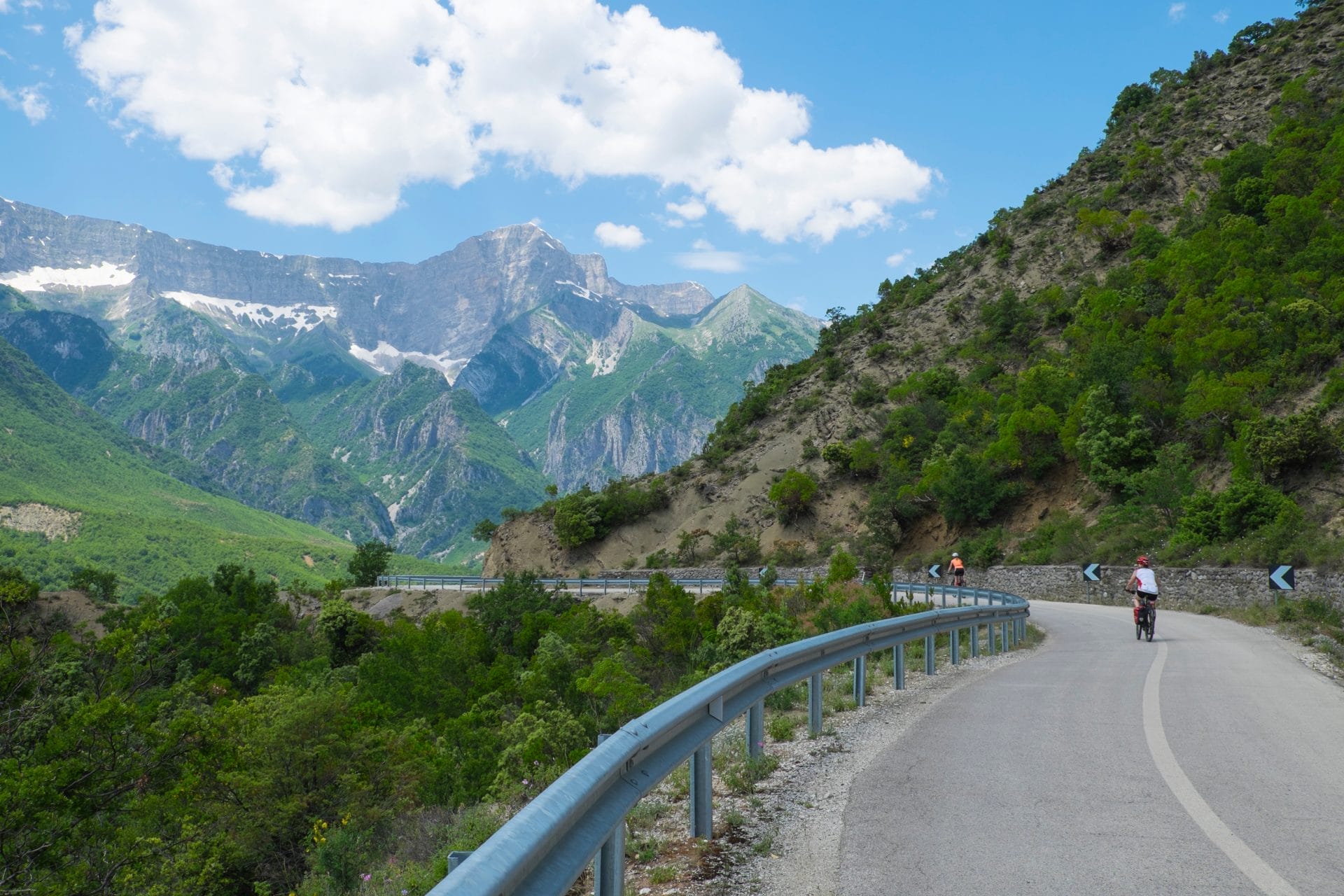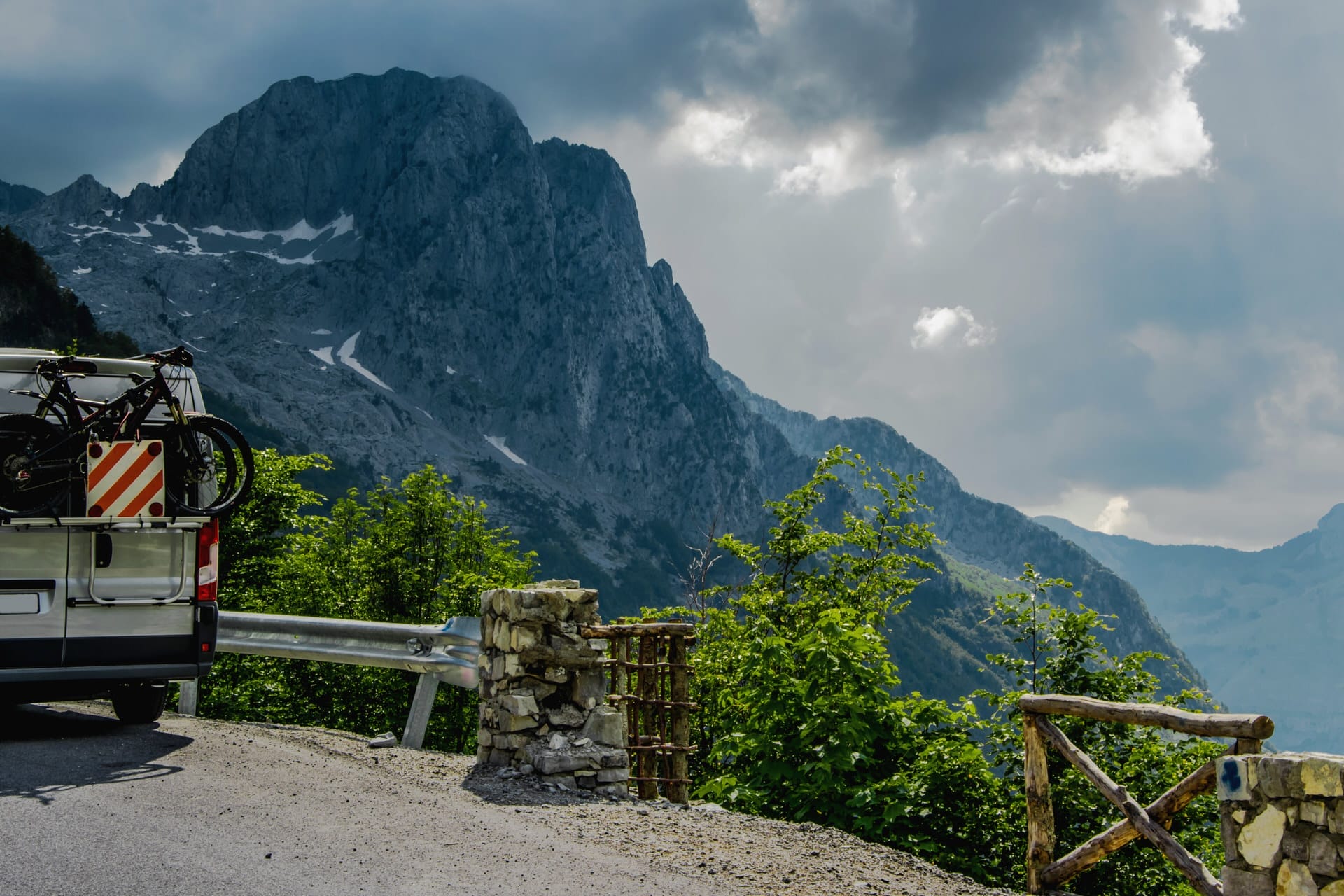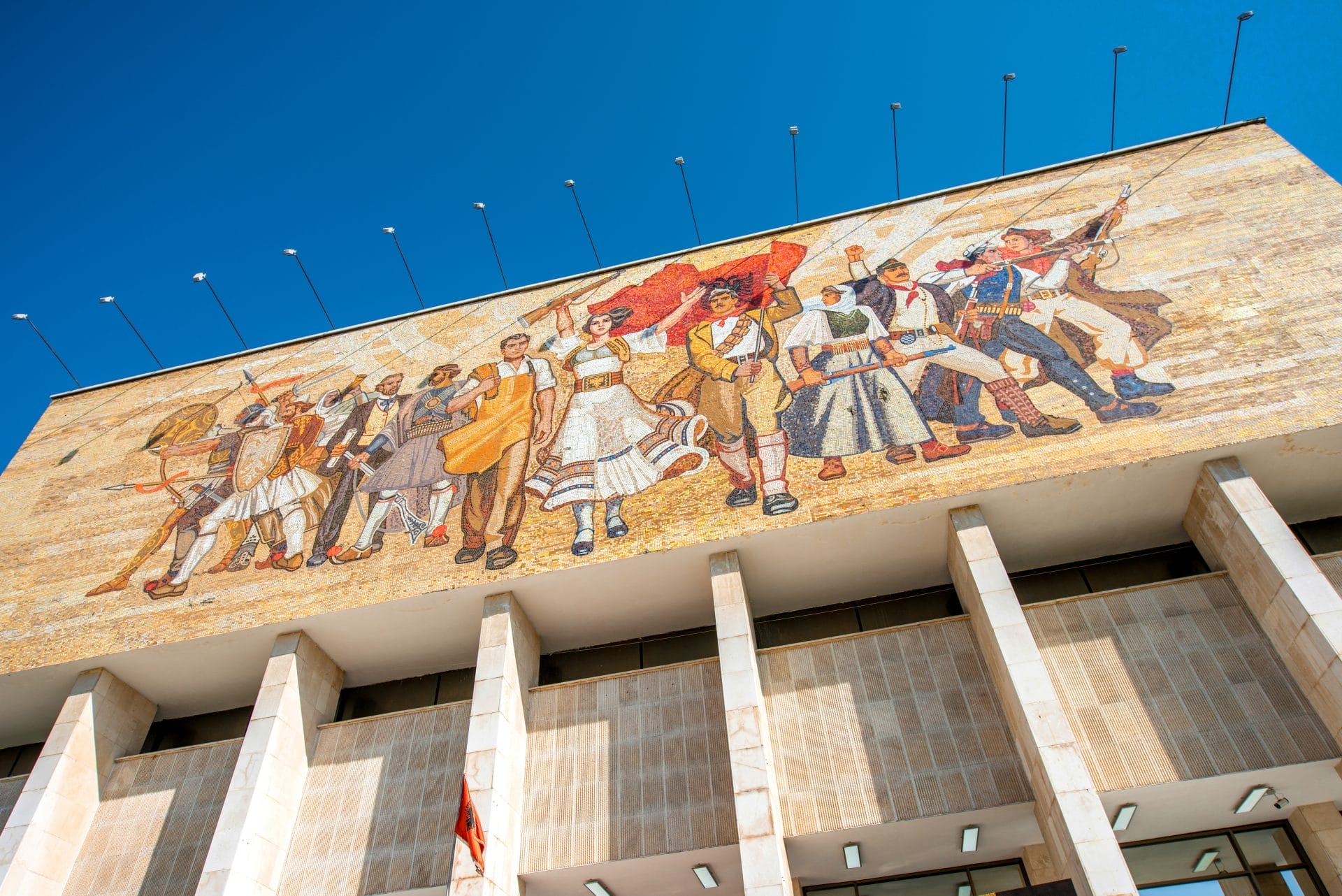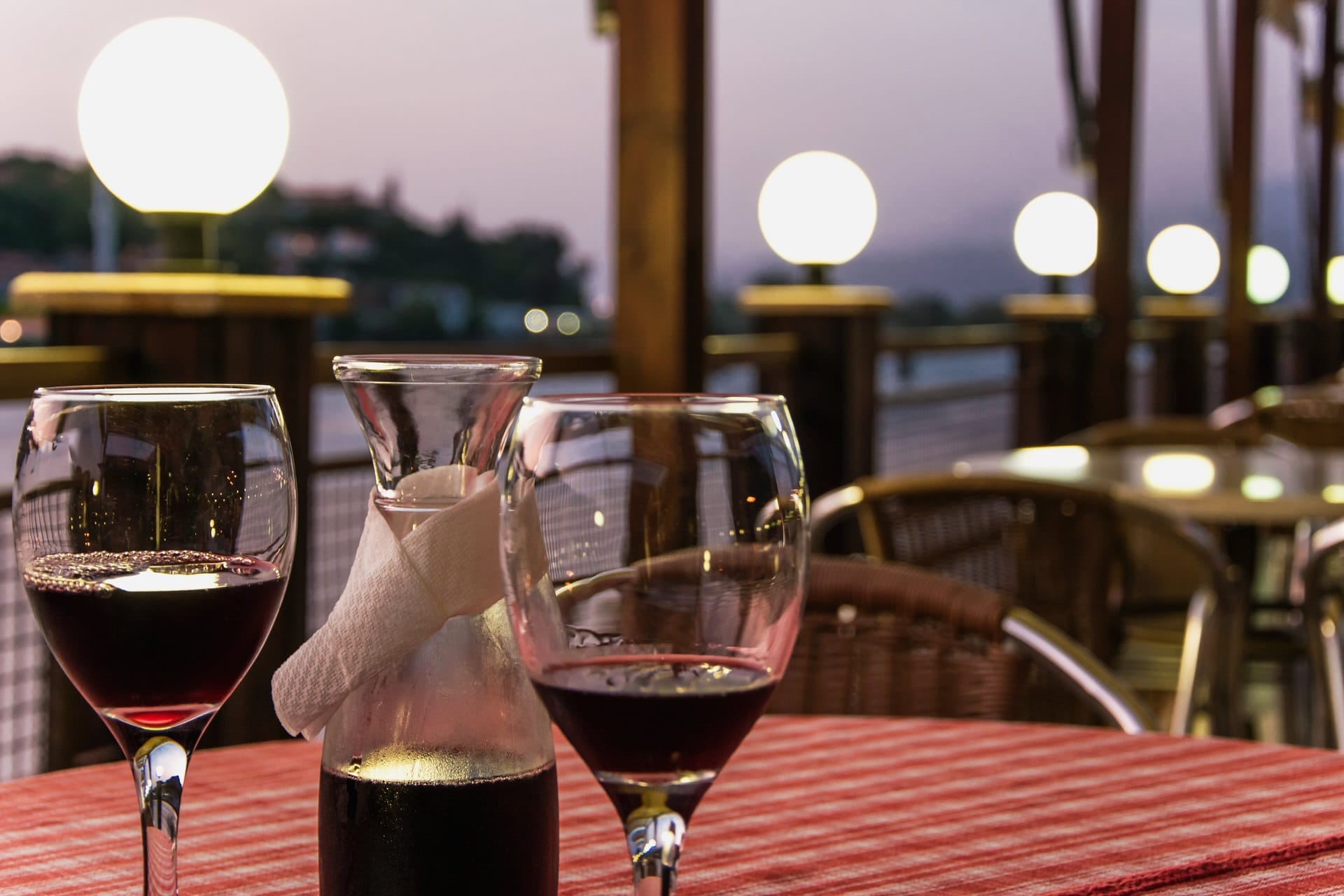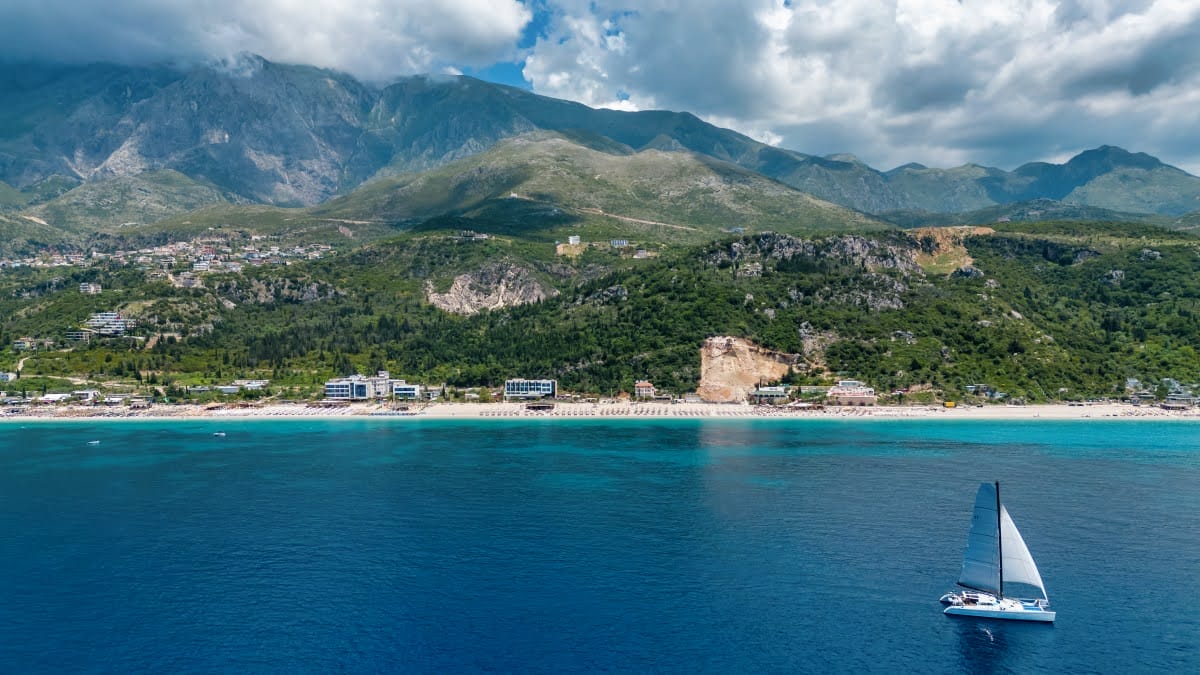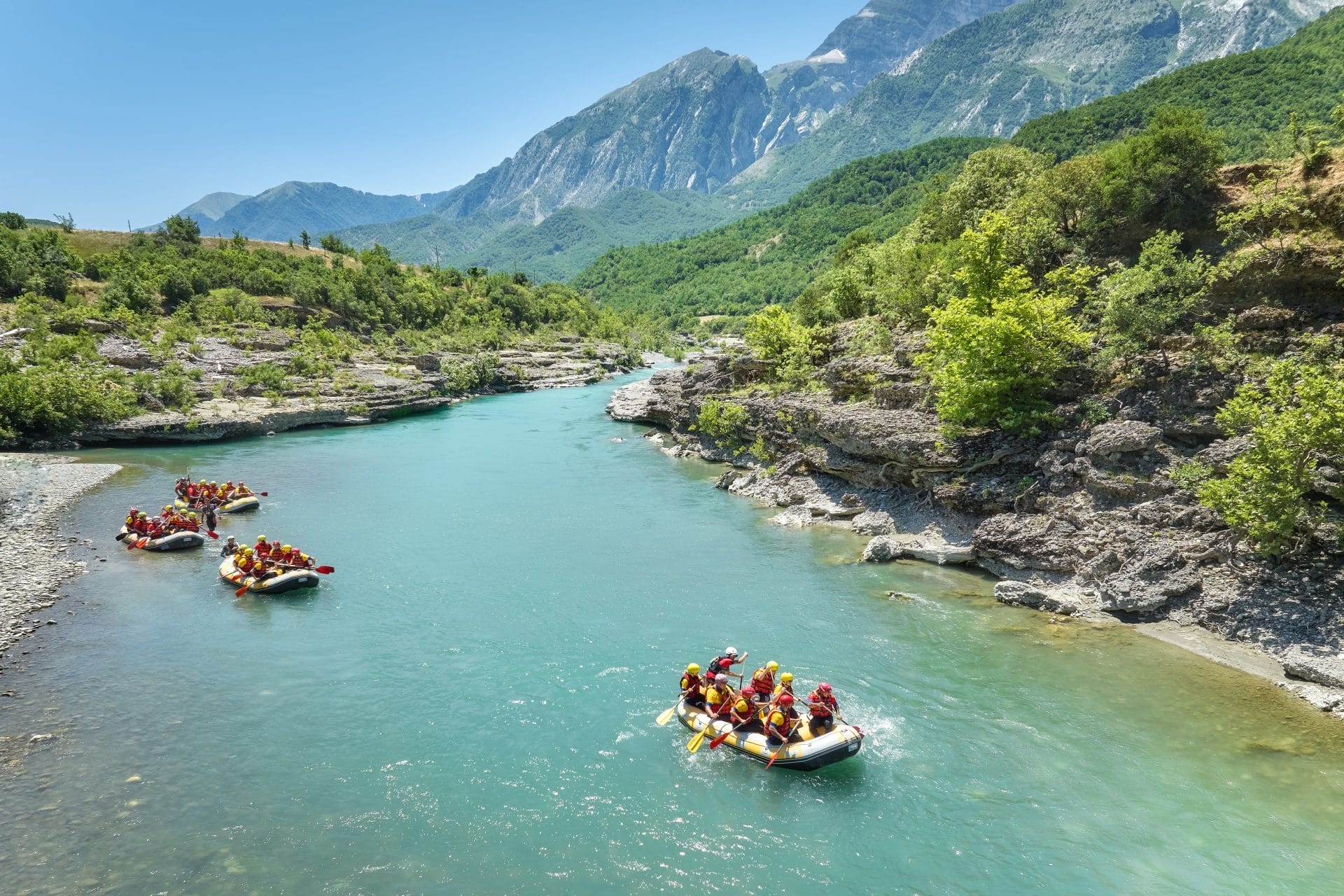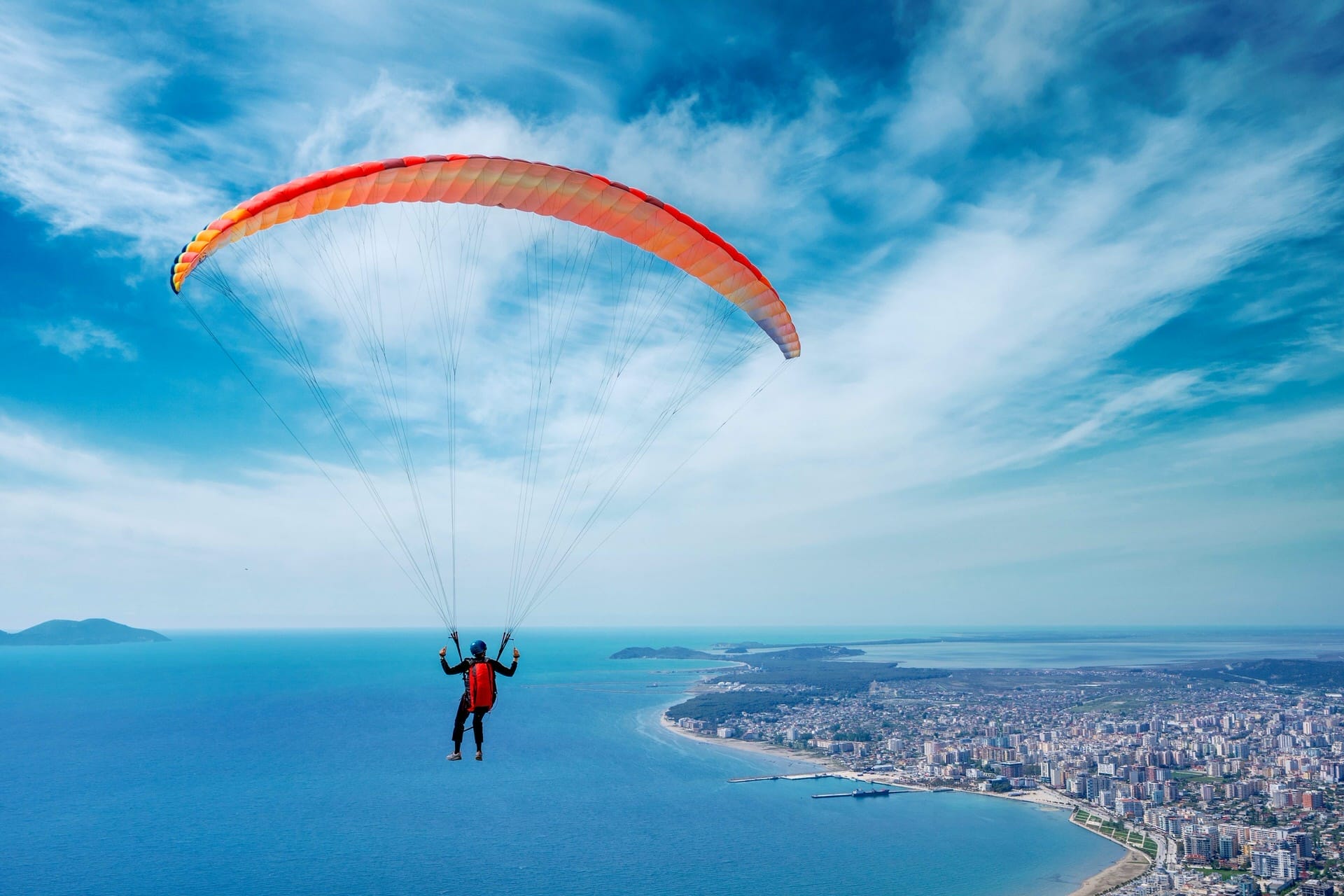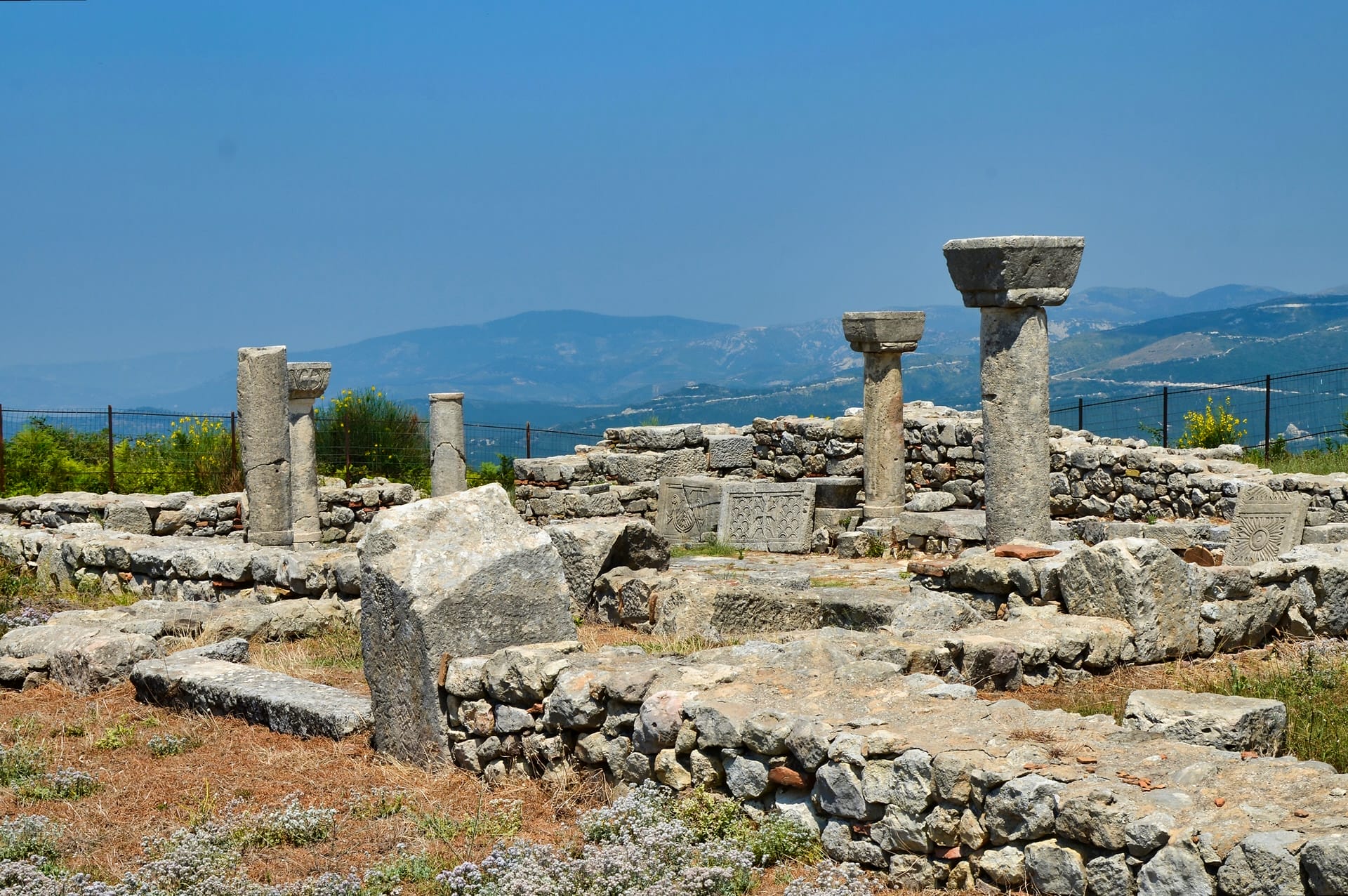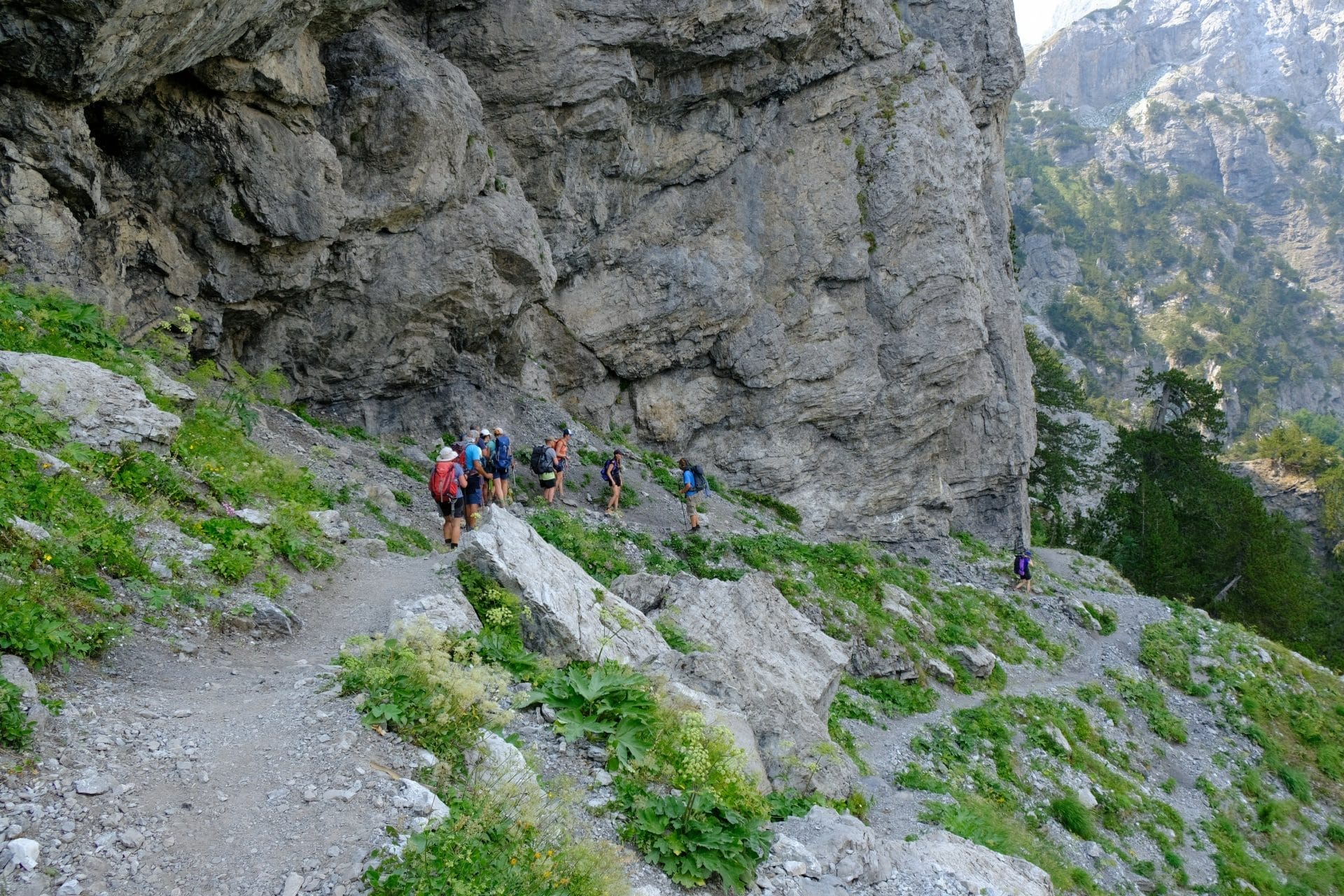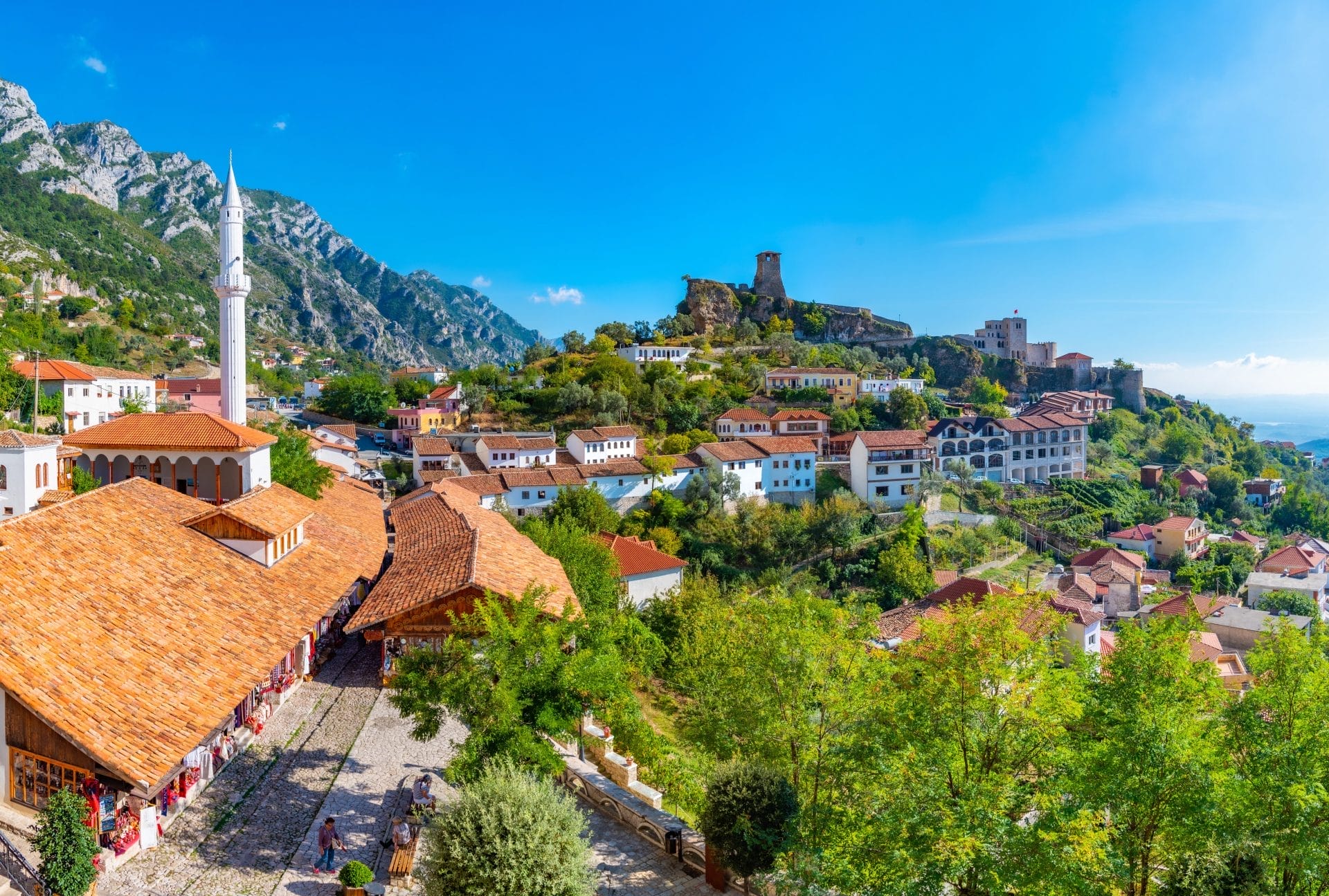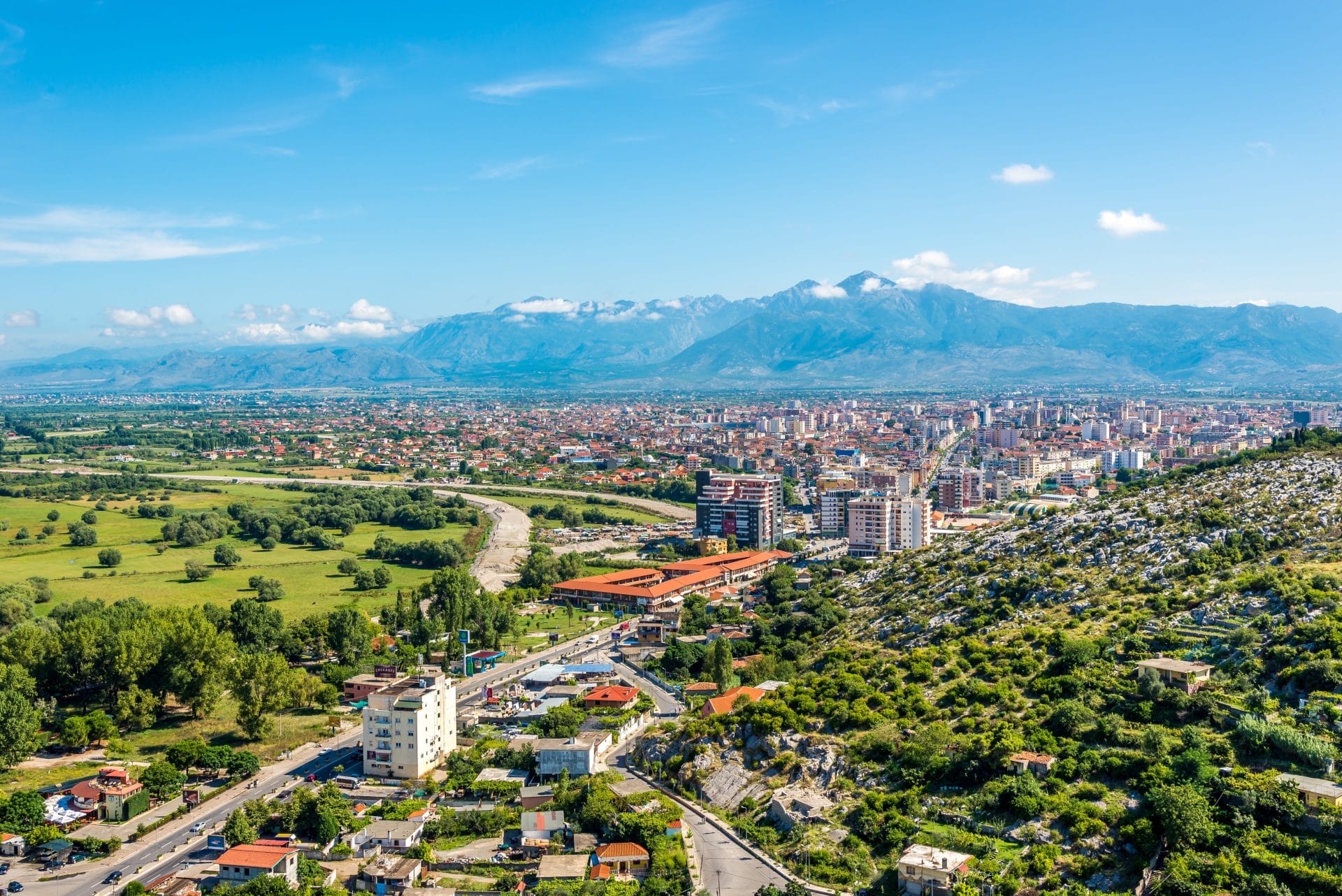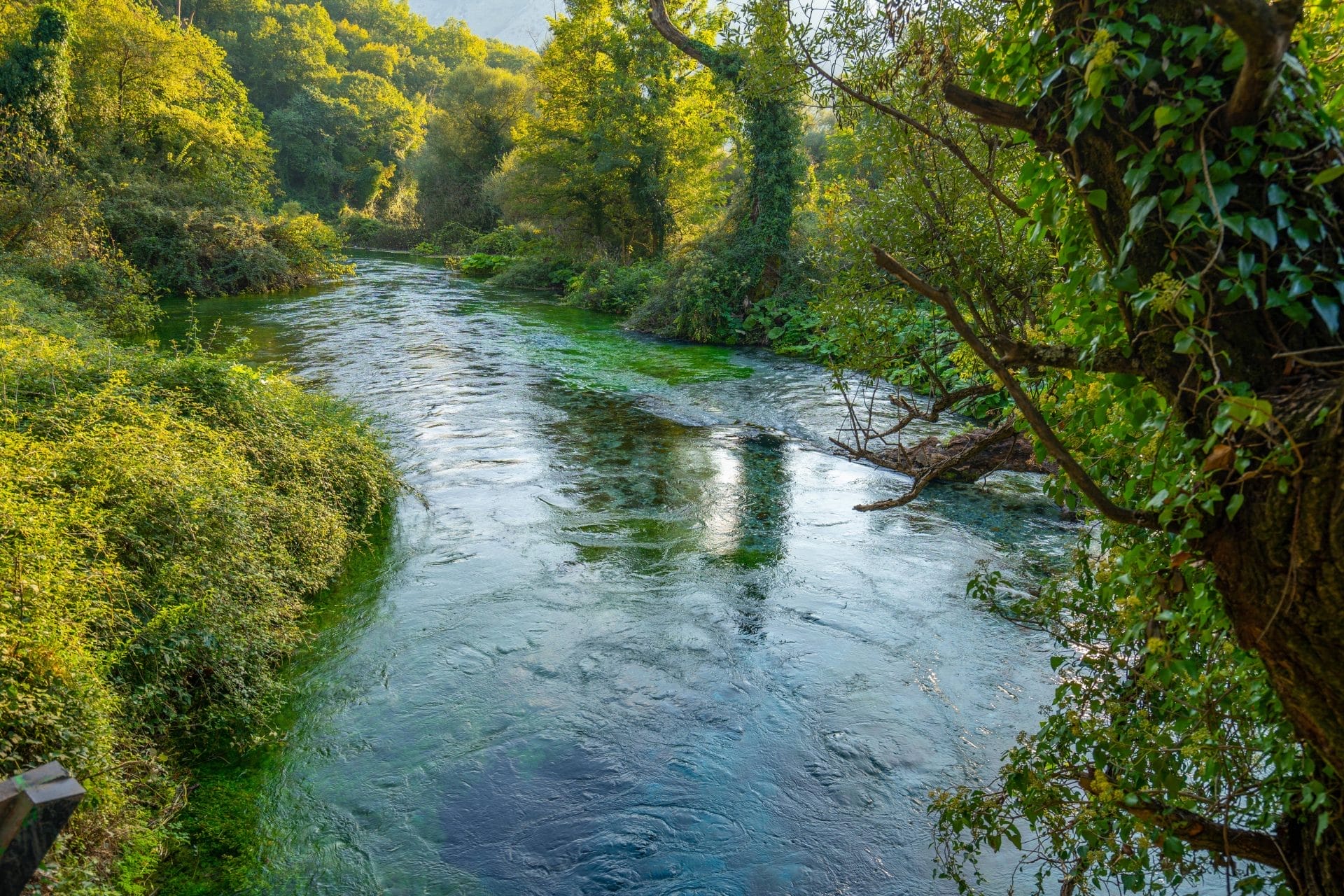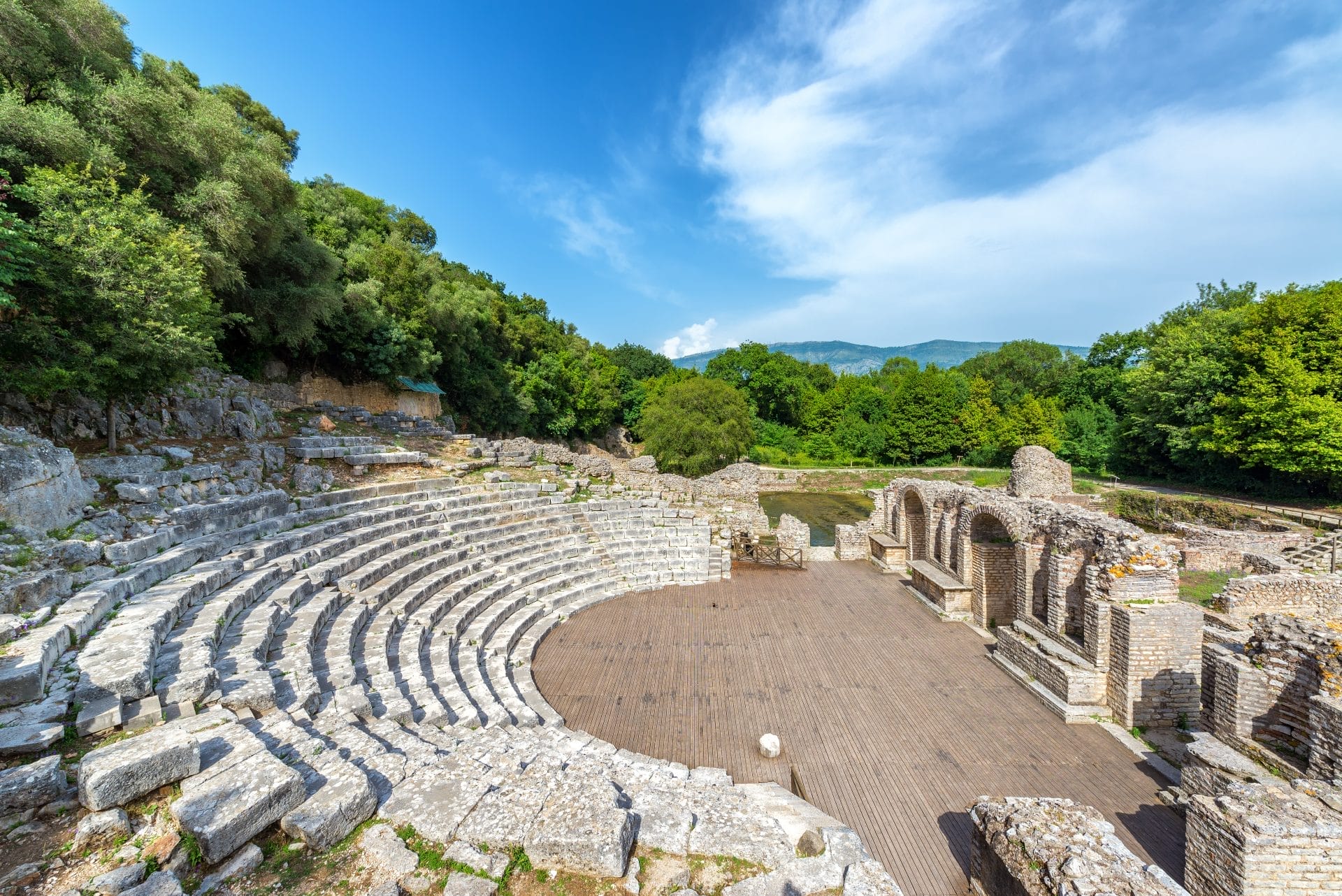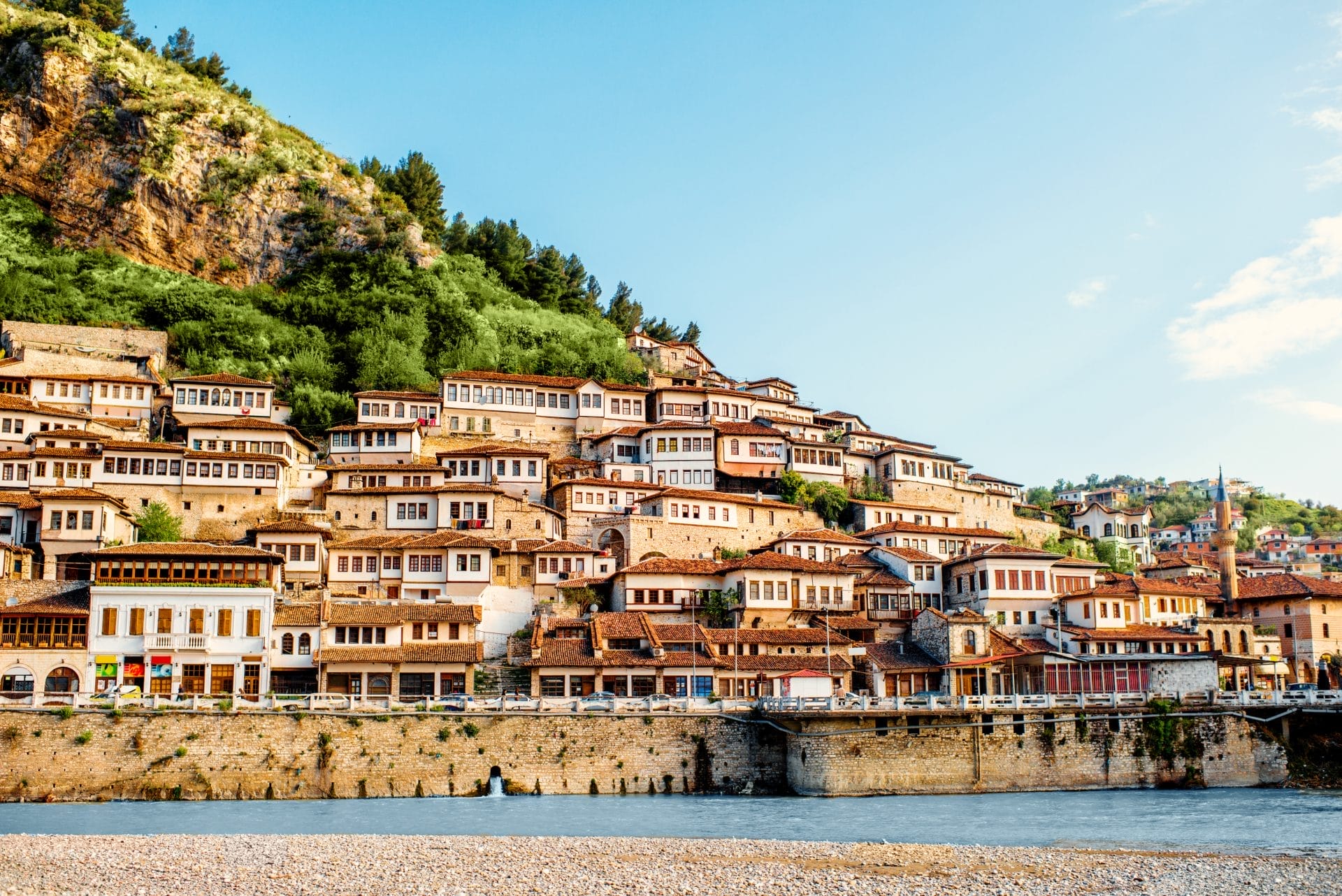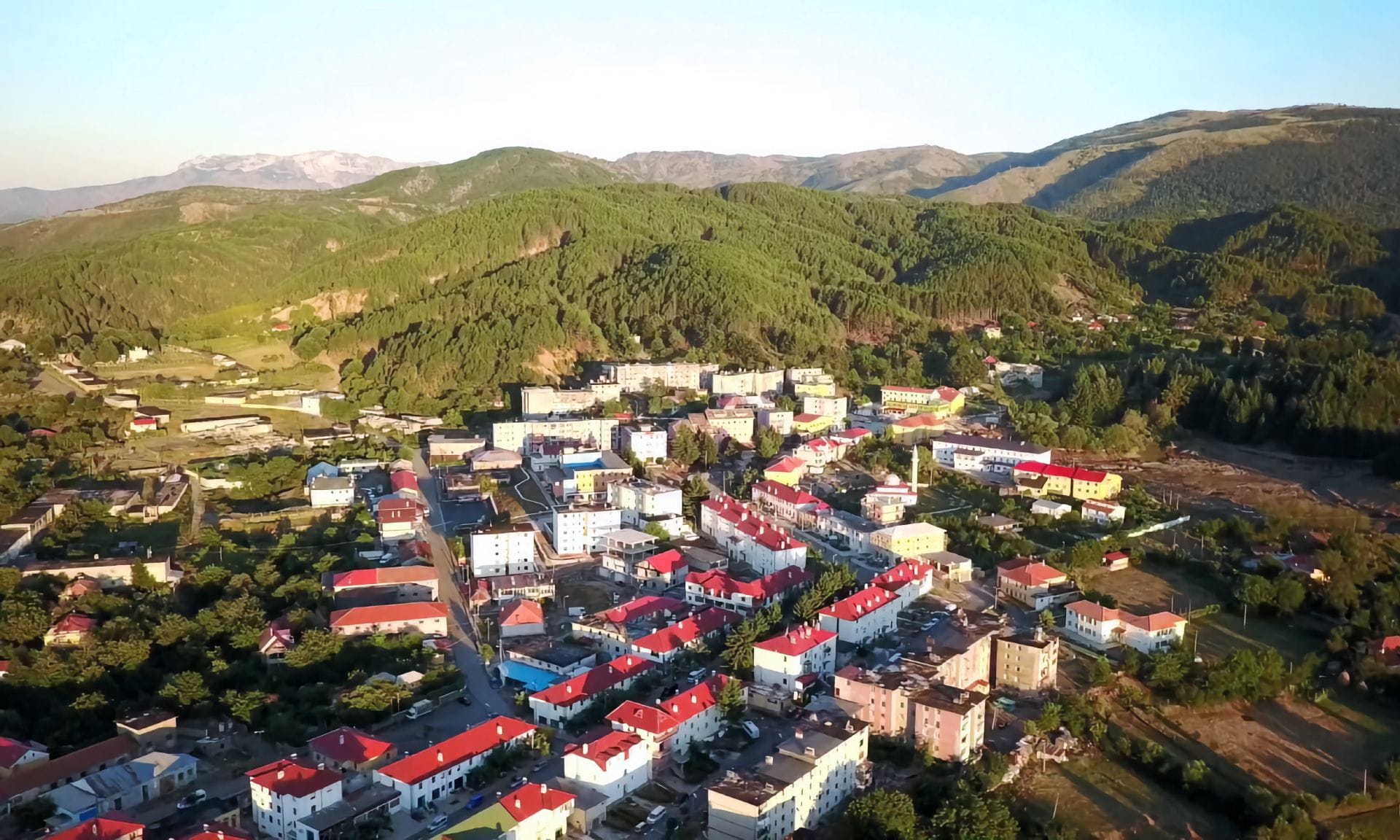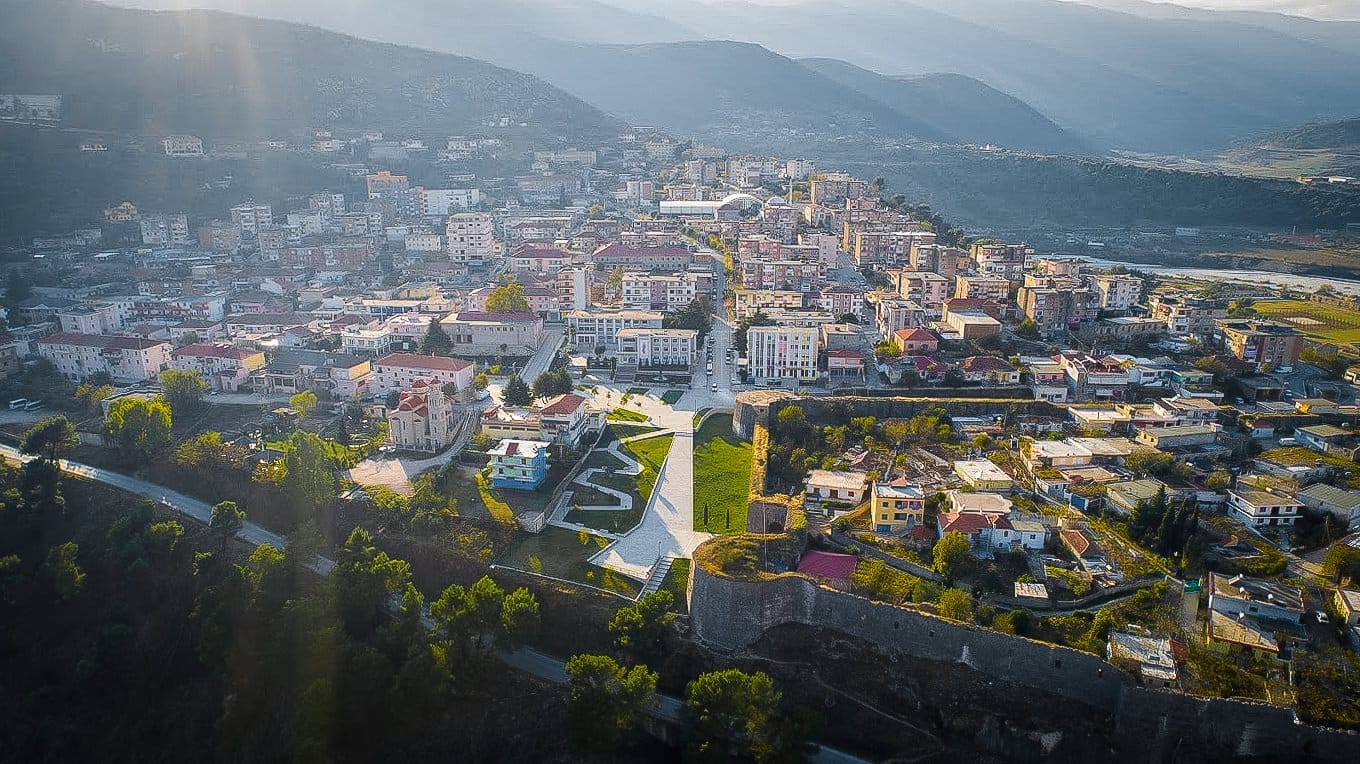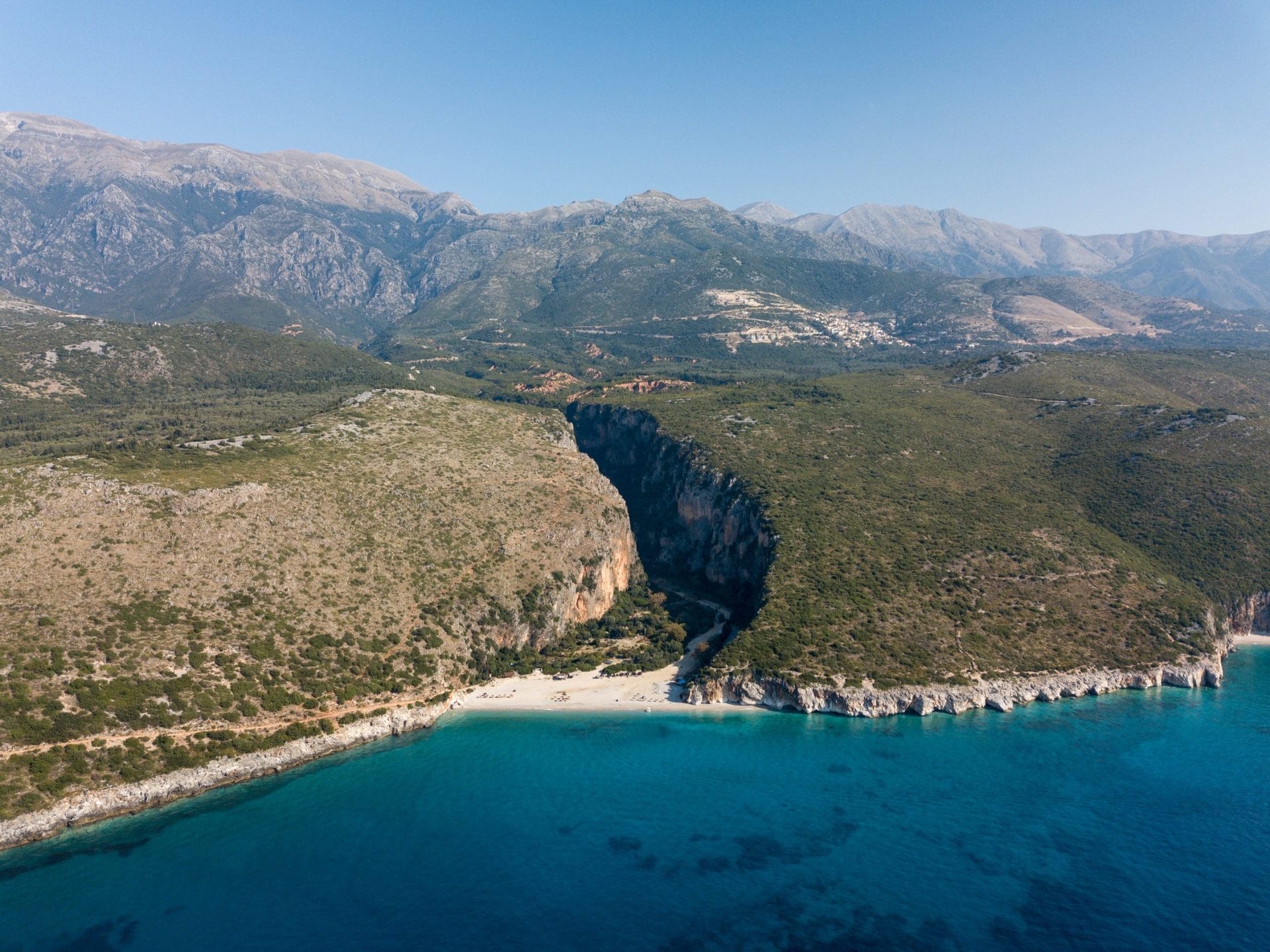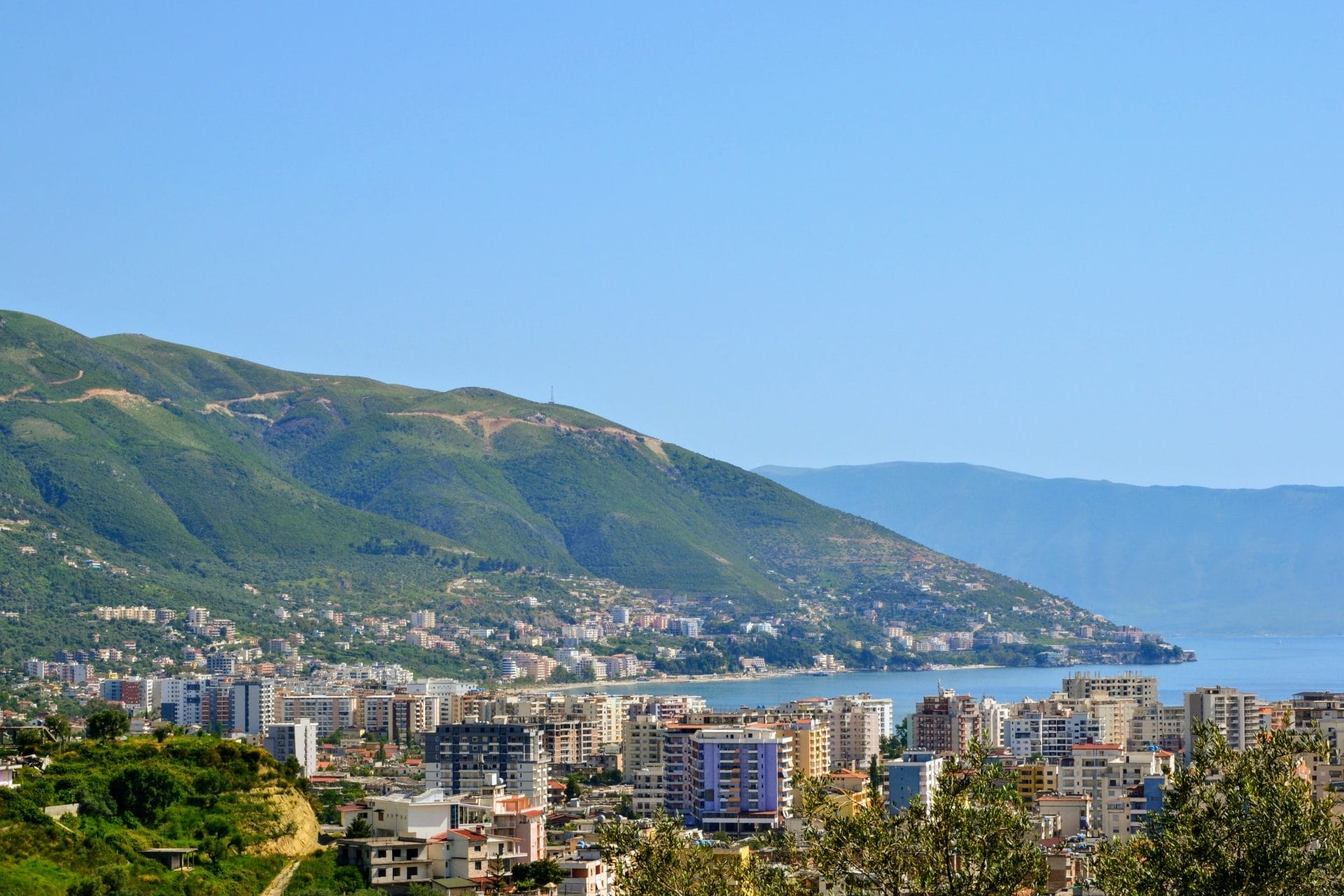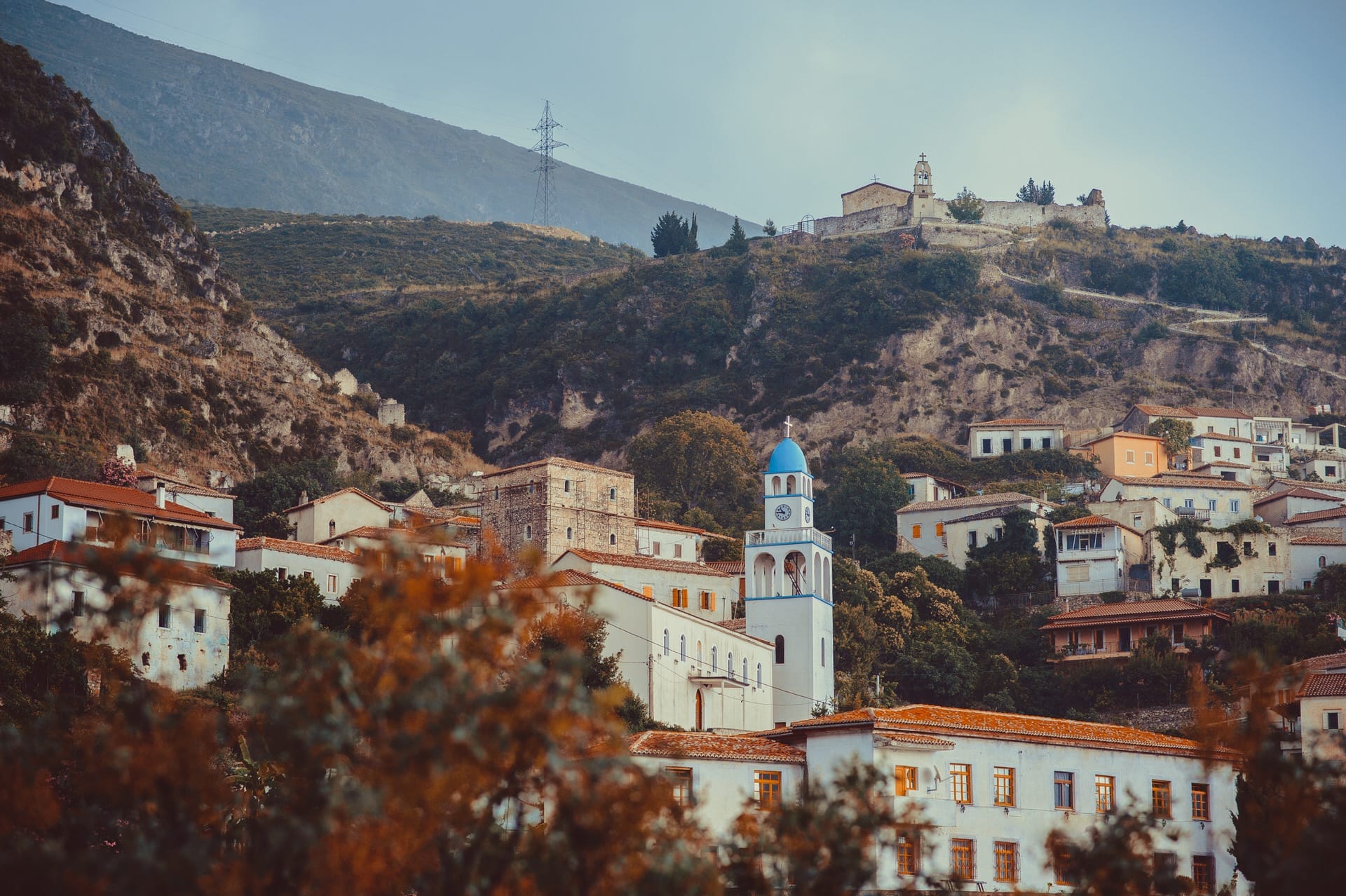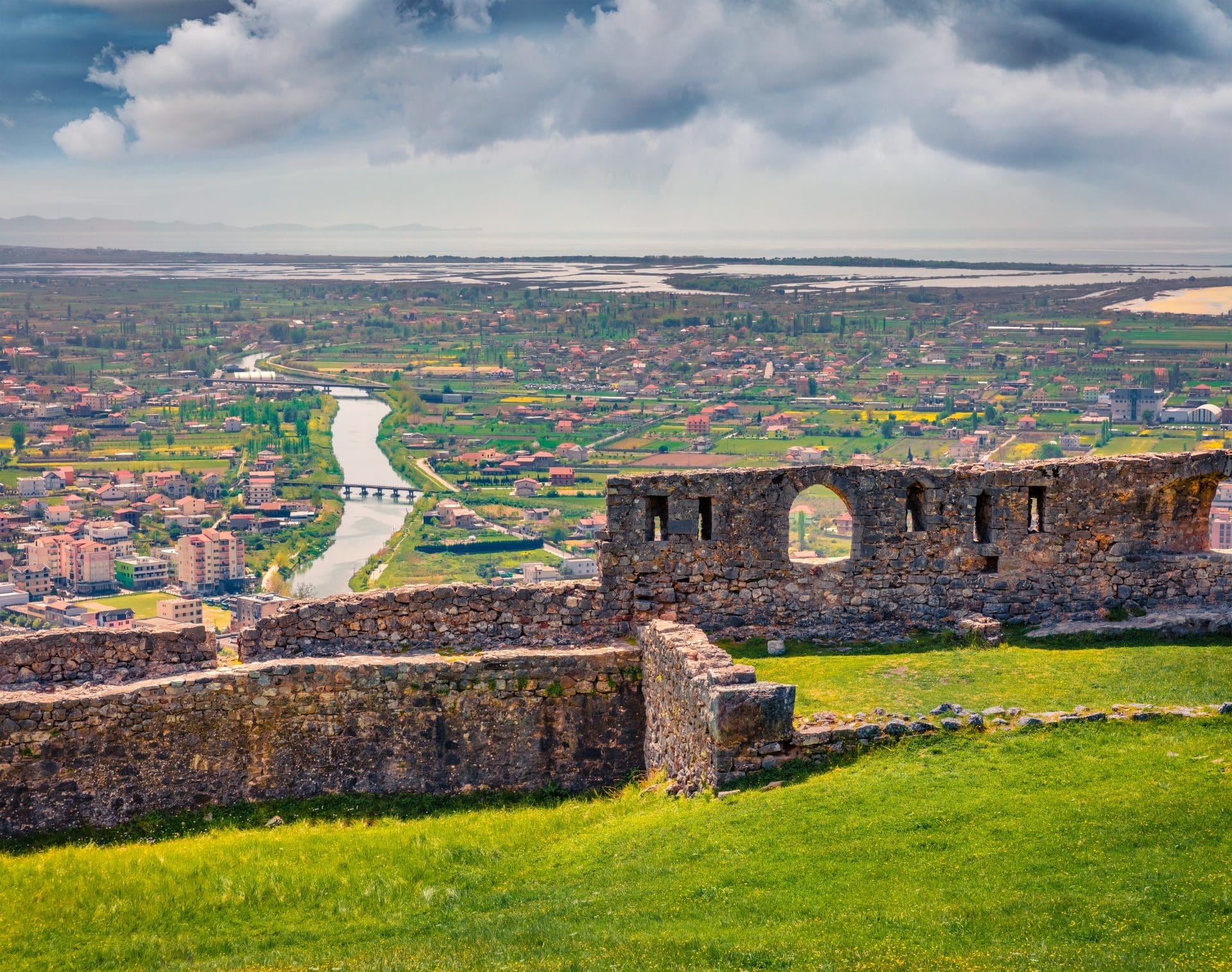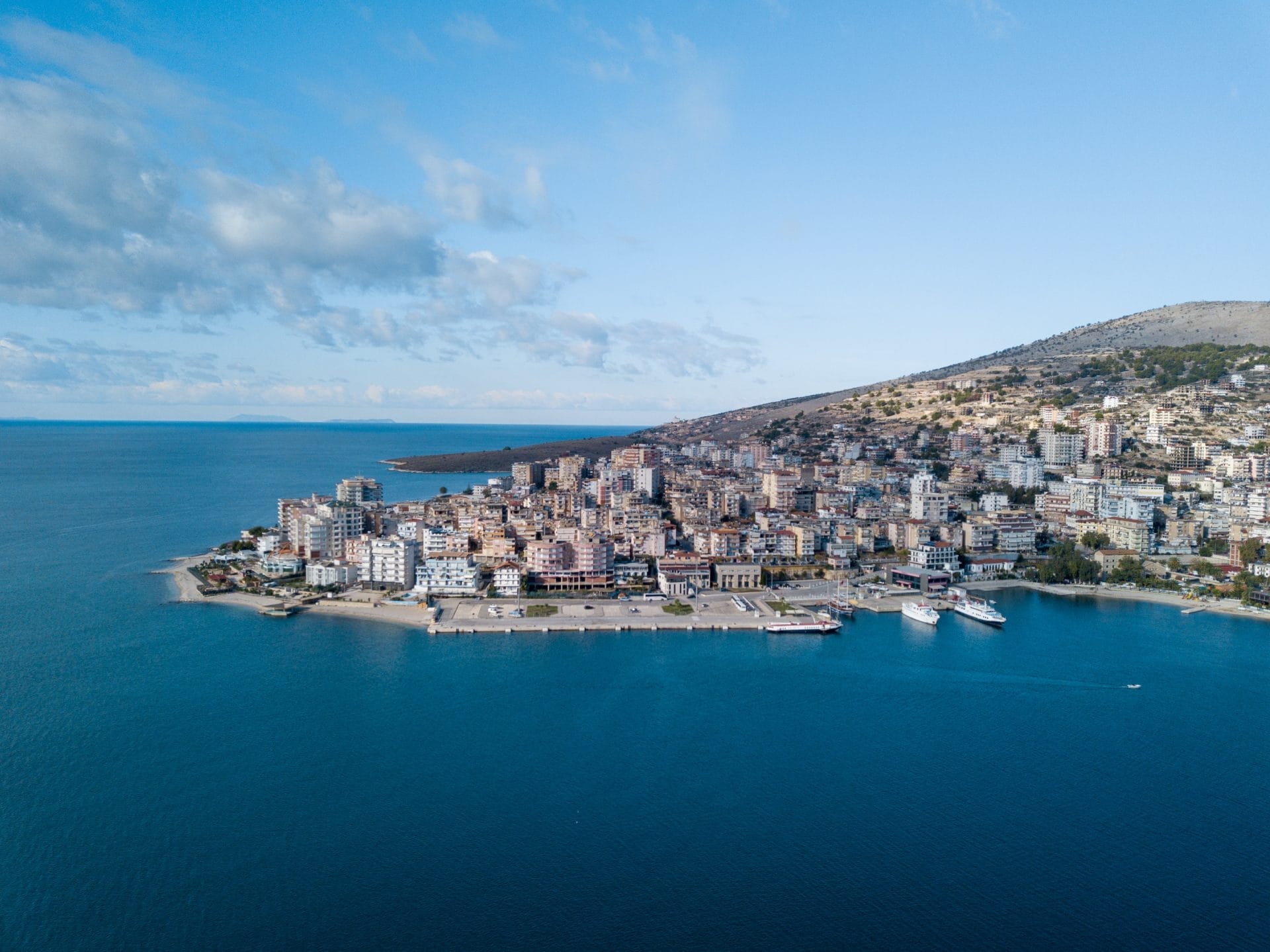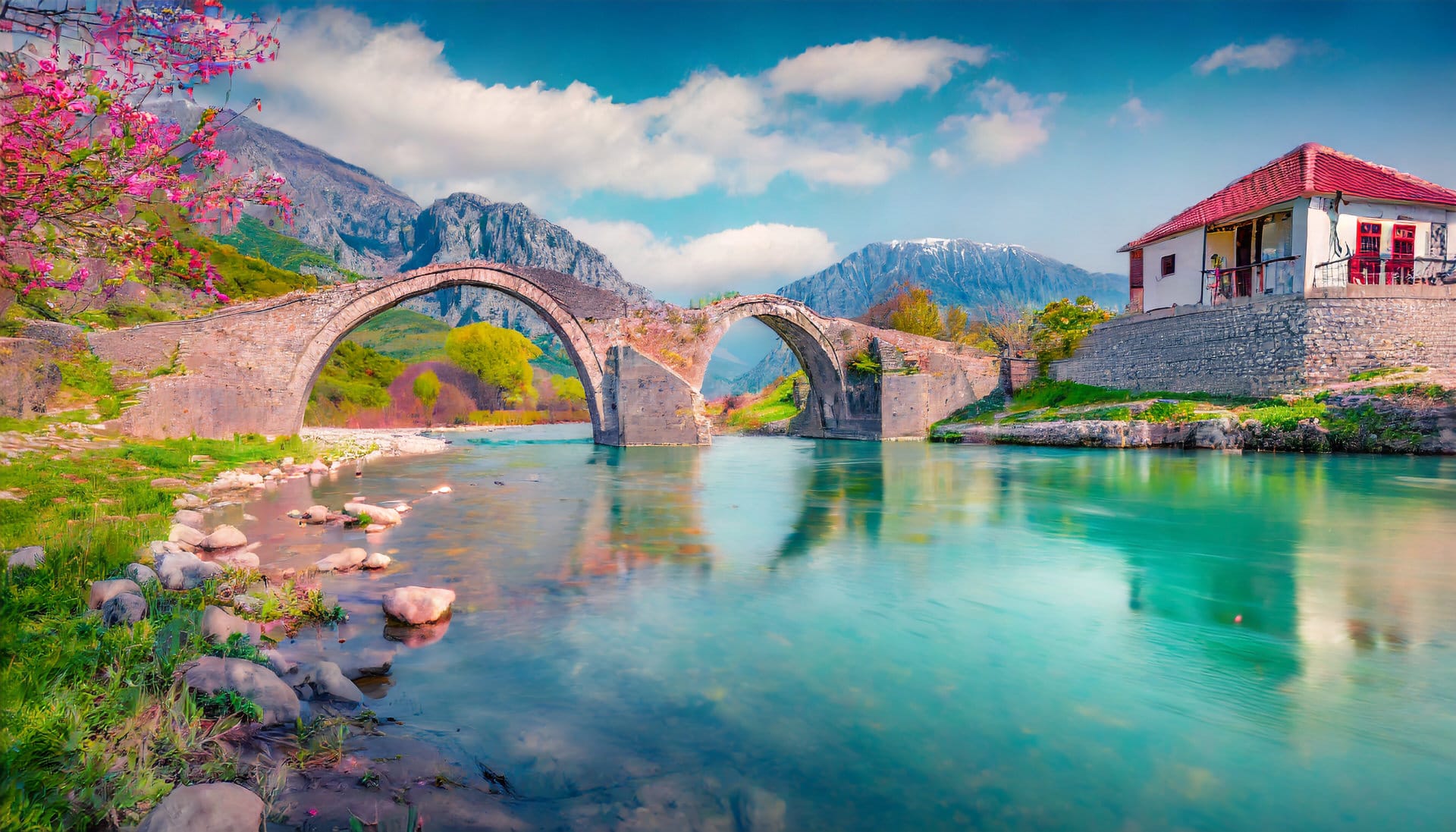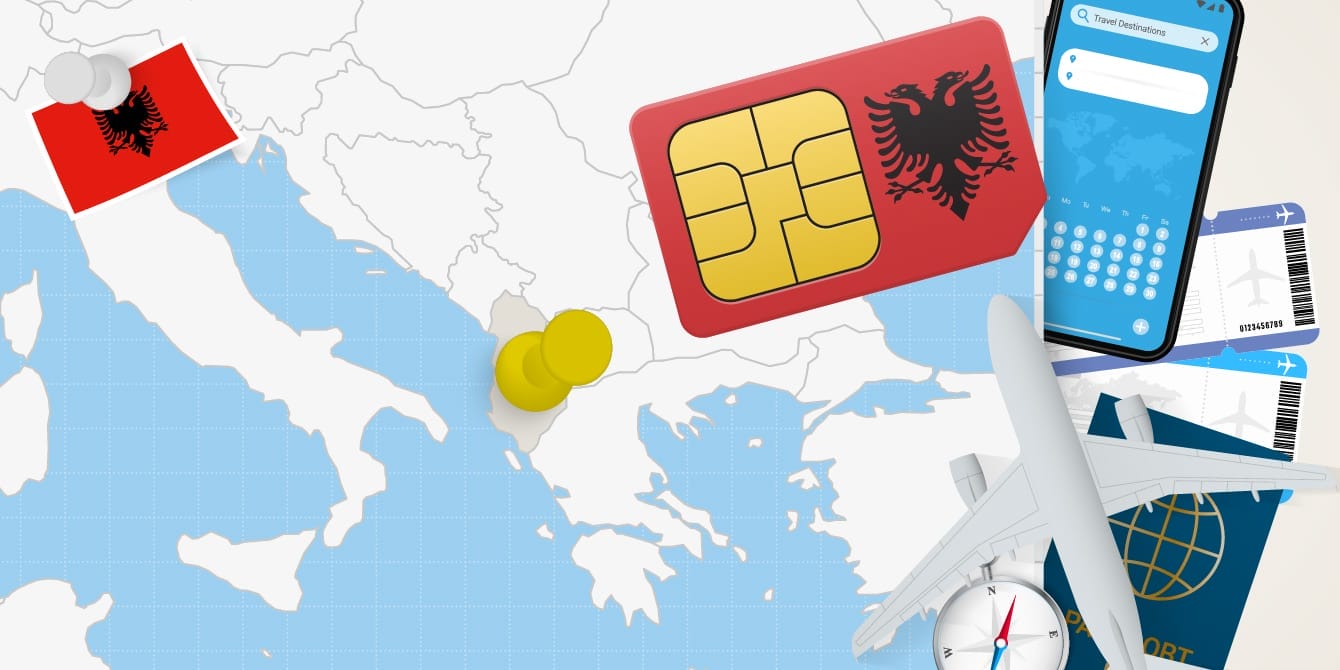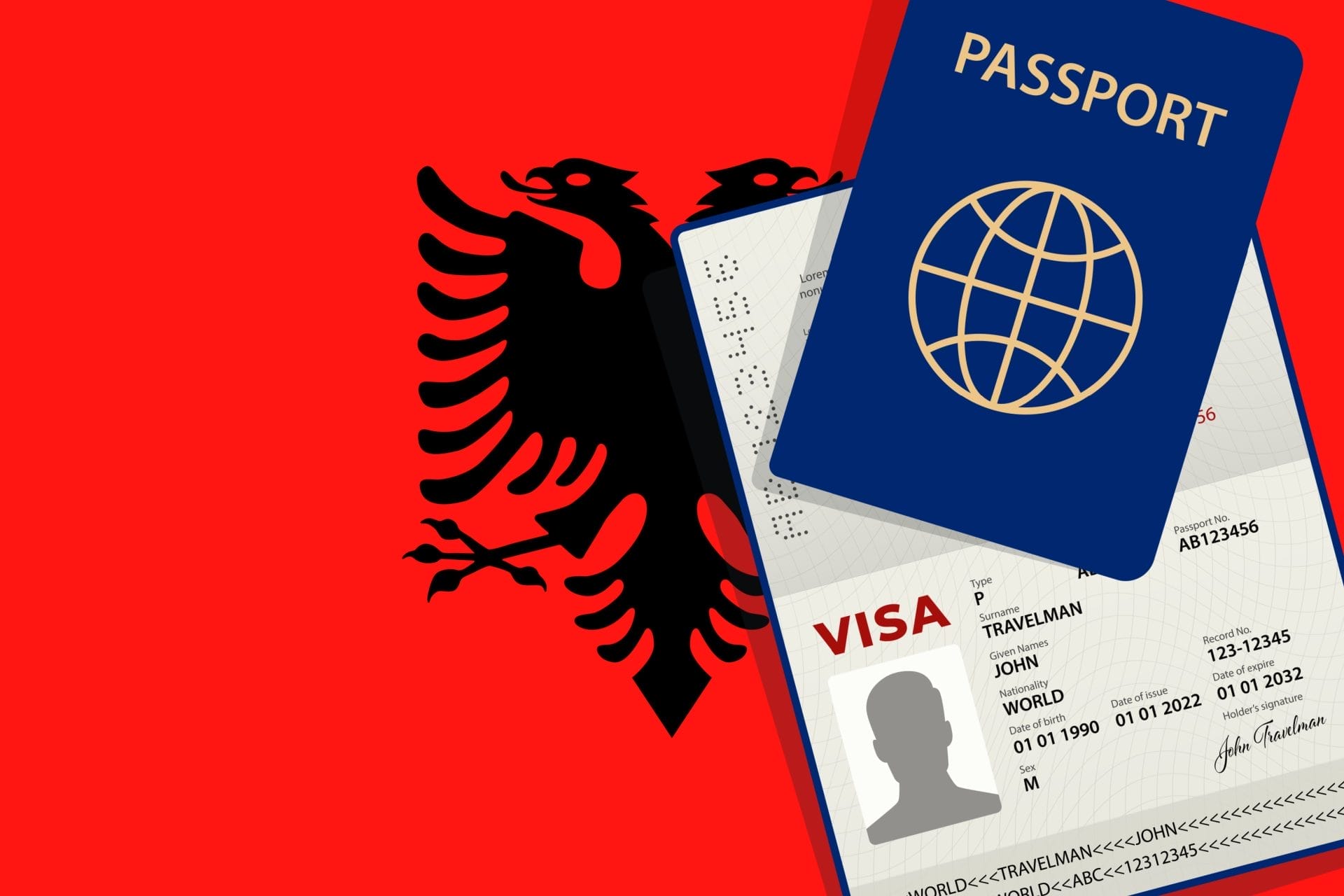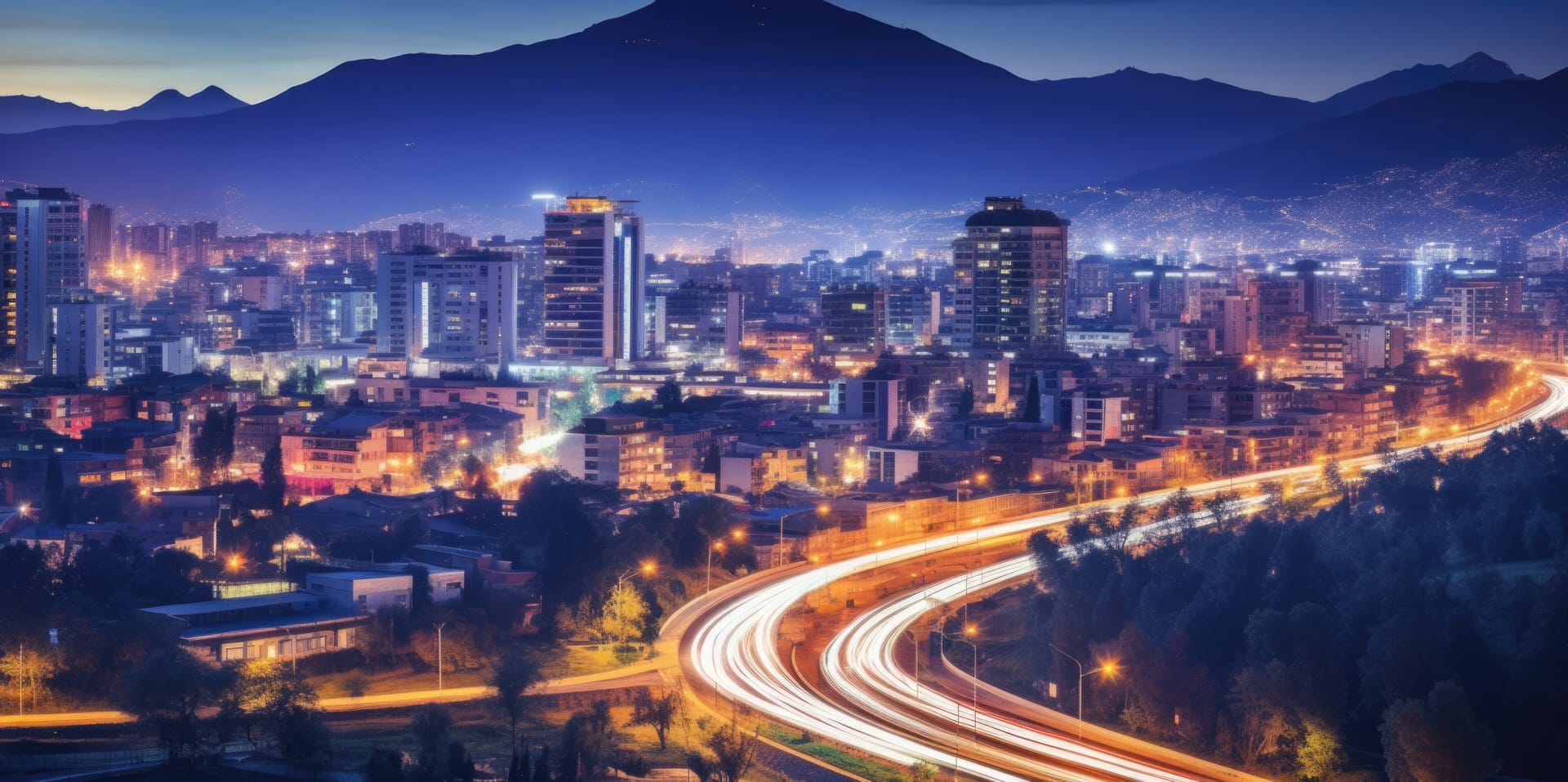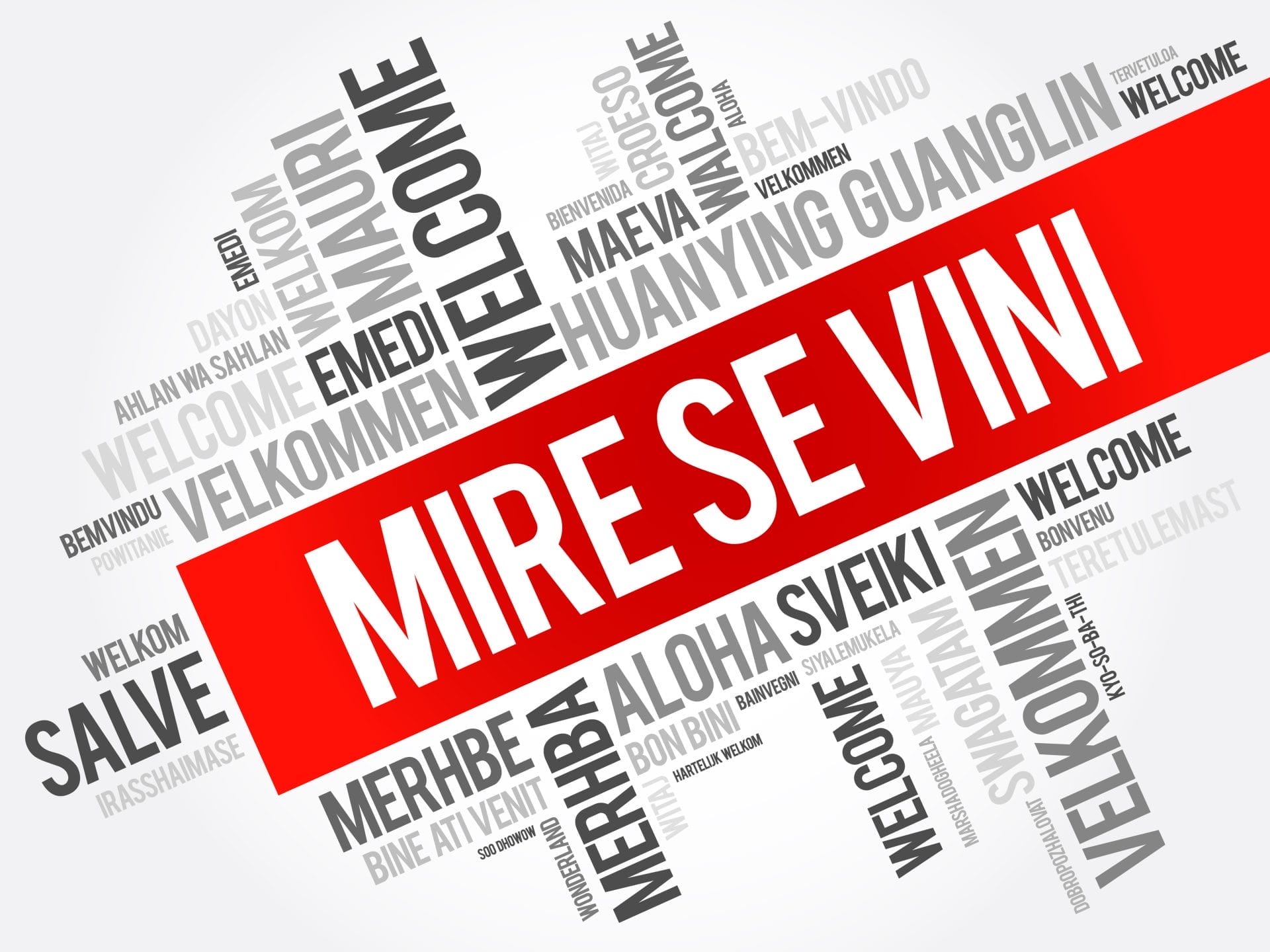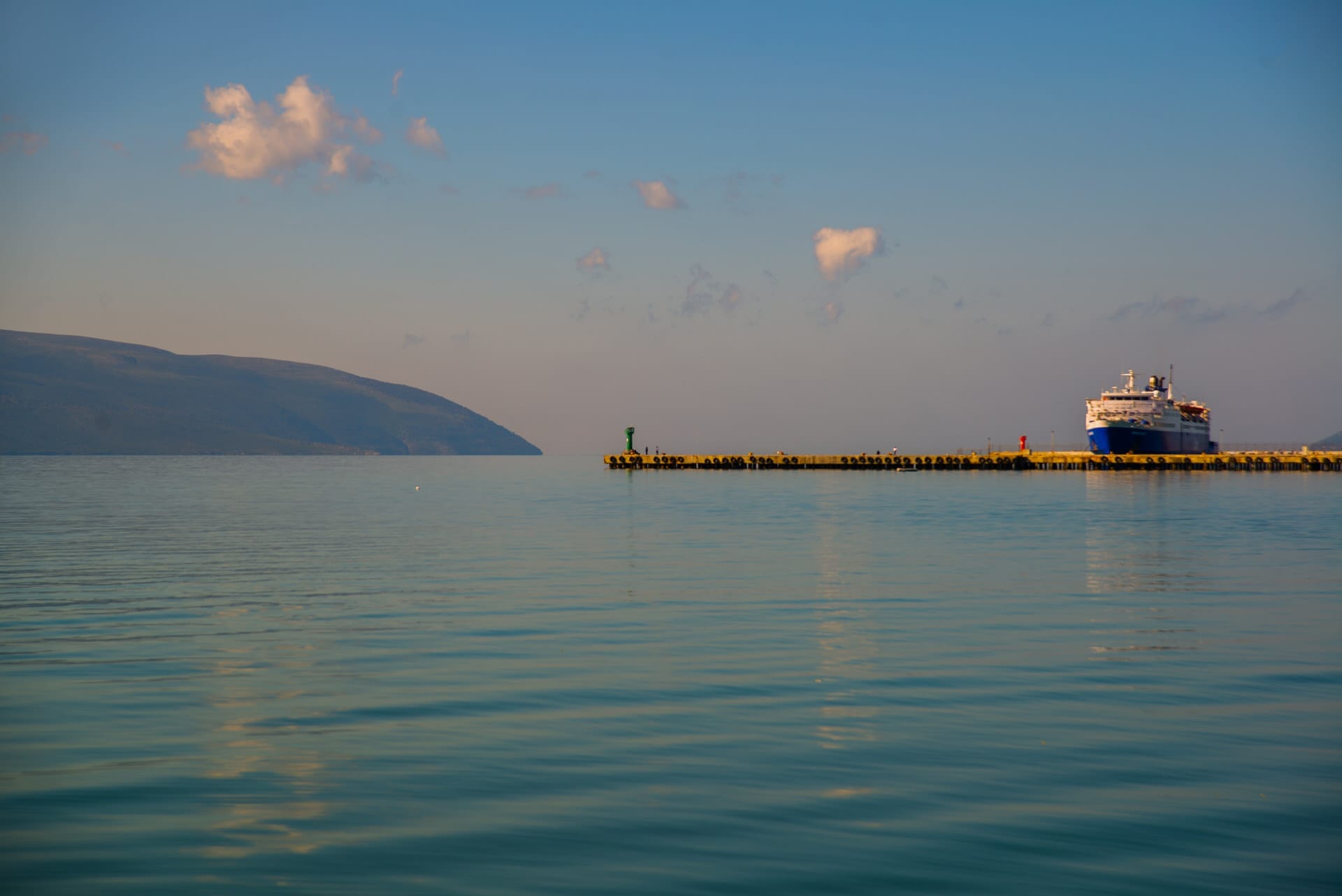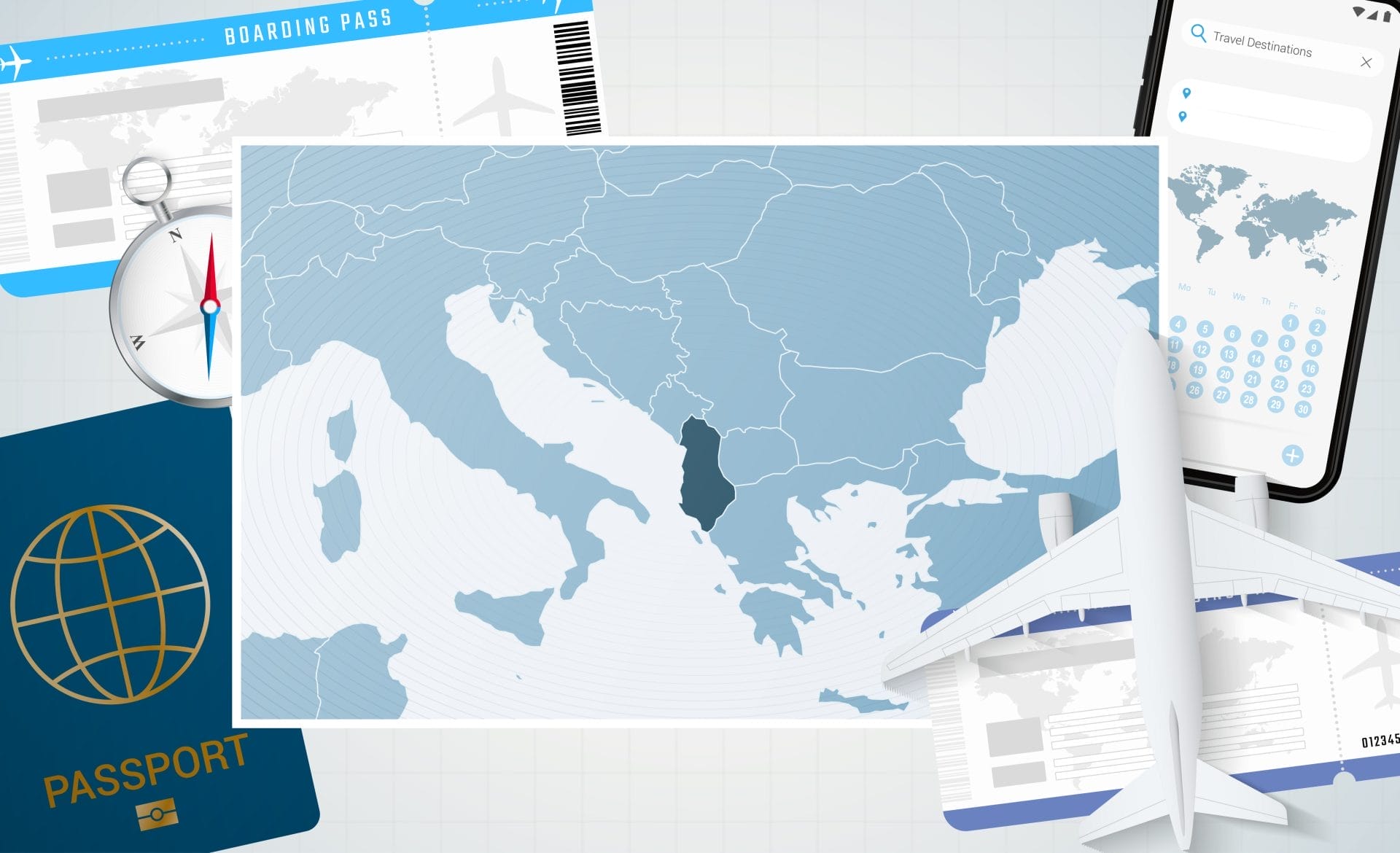
Reforms, Revival, and EU Aspirations
Nearly twenty years since formally applying to join the European Union, Albania is infused with fresh optimism despite a winding path to accession. Bolstered by the start of membership talks in 2022, the nation has vigorously mobilized resources to align policies and laws with EU standards. But the momentum is also animated by the winds of change powering Albania’s remarkable rise as an Adriatic jewel.
Judicial Steps Forward
The European Commission’s assessments note satisfactory progress in reforming Albania’s previously corrupt judiciary – the Constitutional Court is fully functional with newly appointed judges, and cases pile up slower thanks to increased efficiency and a vigorous anti-graft agency investigating top-level graft. But challenges like appointment delays, limited criminal follow-up after vetting dismissals, and property rights issues require constant vigilance.
Meanwhile, post-communist Albania’s data protections need bolstering following recent personal information leaks and breaches. Discrimination haunting marginalized groups like the Roma community persists despite expanding freedoms. And the economy’s defiance of global shocks from Ukraine can’t obscure lingering poverty and infrastructure gaps.
The Long Road to Accession
Yet momentum gathers pace. With talks underway, Albania crisply aligns taxation laws, environment standards, and regional development funds with EU regulations. Marine conservation, public procurement, health policies, and a swathe of areas still necessitate sustained upgrades pre-accession. It falls on successive governments to uphold reform stamina despite political cycles. The executive needs clear communication regarding the required changes to maintain public support.
For Albania, the process seems glacially slow when benchmarking regional peers. However, previous milestones prove the permanence of EU membership. So, 2023 brings guarded optimism – while cautioning that the path ahead remains long.
The Winds of Change
And powering this optimism is Albania’s inspiring revival. Tourism flourishes as the pristine Riviera woos global travelers. The Accursed Mountains offer adventurers some of Europe’s most pristine landscapes, while Butrint’s ancient ruins seduce culture seekers. Positive economic output defies regional downturns.
A motley of music festivals, painting exhibitions, and hip gastropubs signify Generation Z’s entrepreneurial zeal. Women increasingly occupy boardrooms and political offices. Infrastructure upgrades like the new Tirana International Airport terminal fuse modernity with heritage. And the tech ecosystem incubates youthful innovation and start-up verve.
Revival Through Heritage
Albania is rediscovering its rich cultural heritage and leveraging it through sustainable tourism. Ancient sites like Butrint, Berat, and Gjirokastra magnificently fuse antiquity with posterity. Such UNESCO jewels connect modern Albania to its Illyrian, Greek, Roman, and Ottoman lineages. Local artisanship and traditions remain woven into the daily fabric while Albanians increasingly celebrate their syncretic legacies rather than downplay differences.
The archaeological wonders peppering Albania’s landscape have thus become gateways for visitors to chronicle the nation’s complex past. Tourism and hospitality foster local incomes, preserve folkloric customs, and propel infrastructure development. This showcases how the Albania of today can gainfully mine its storied cross-cultural lineages rather than resorting to the vestiges of extreme nationalism that fueled regional tensions during the post-communist 1990s.
Three decades ago, the country was still reeling from communist isolation and dystopia. Now Albania turns heads as youth, women, and marginalized groups pioneer change once impossible to envision. Of course, the difficult reforms will continue, epitomized by Albania’s still winding journey since communism’s collapse only three decades ago.
Lifestyle Leap
Albania’s population is one of Europe’s youngest, increasingly educated and cosmopolitan. It’s unsurprising then that Tirana’s cafes today pulse with IT consultants debating code over cappuccinos rather than the dreary communist-era ration lines for basic provisions. Sleek lounges have replaced drab state-run retail as fashion-conscious youth embrace global consumerism trends.
Such dynamism signifies the importance placed on self-expression, entrepreneurship, and ambitions beyond Albania’s frontiers. Of course, worries still lurk of consumerism overriding prudence, but unshackled creativity compressed during communist austerity gushes forth among Albania’s new generations.
Yet these second acts showcase national potential too long obscured. What endures is Albania’s spirit – molded by adversity but fueled by hopes of forging a destiny neither defined by geography nor past. The hidden gem dazzles no more, proudly reclaiming its place as an emerging Adriatic dynamo where the future beckons brightly.
